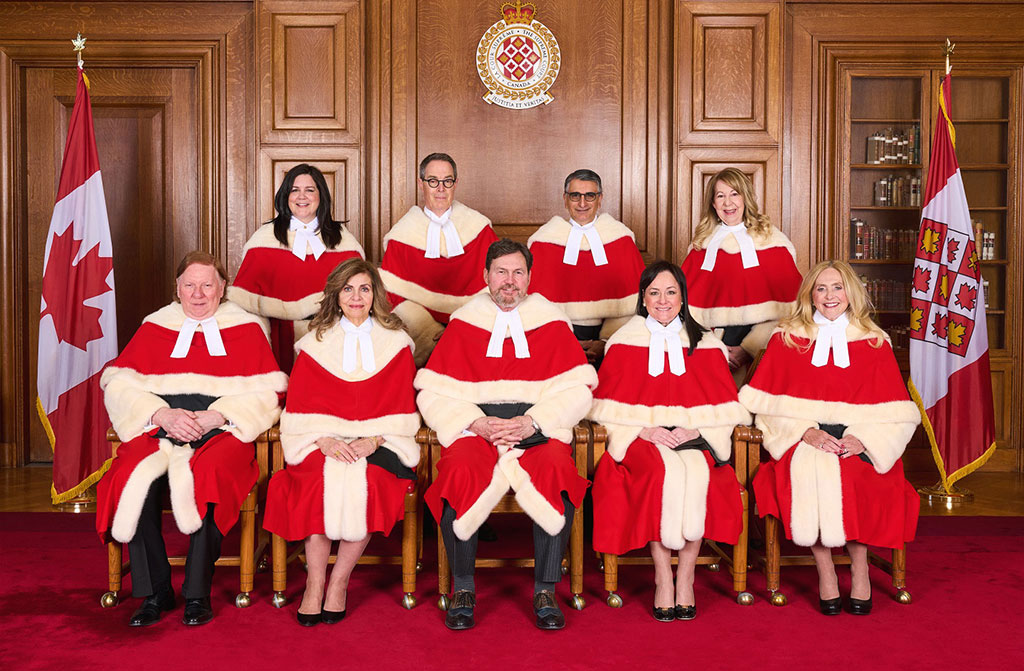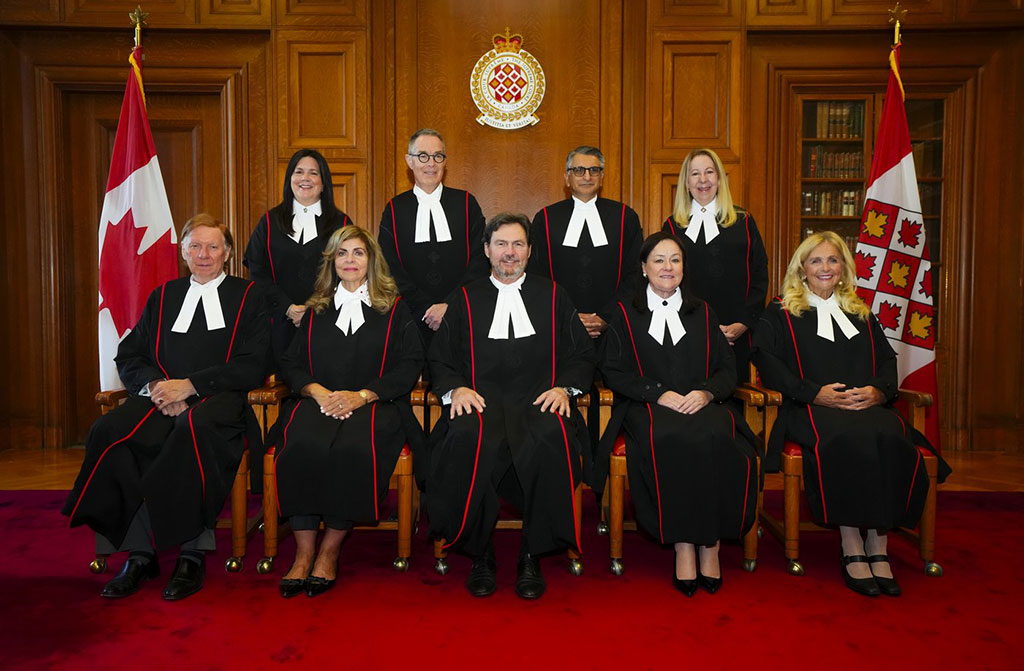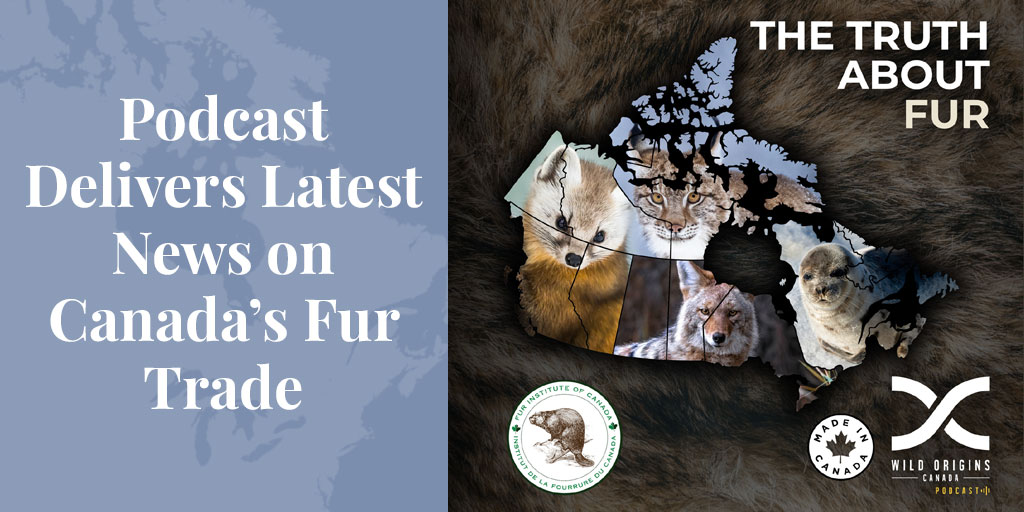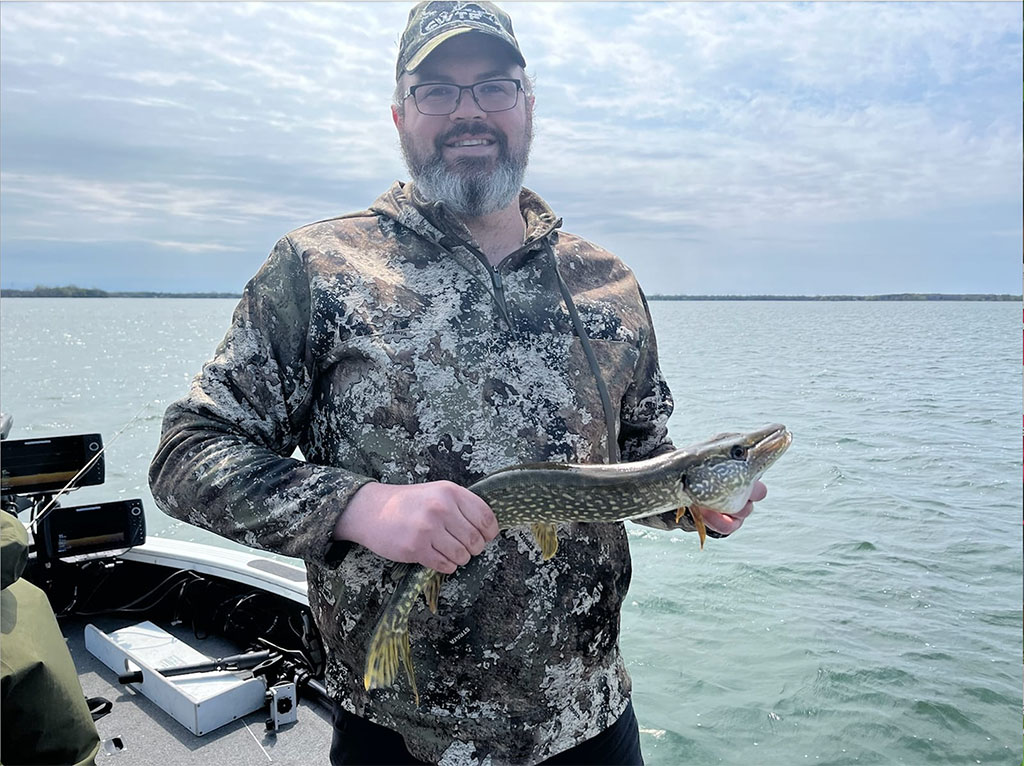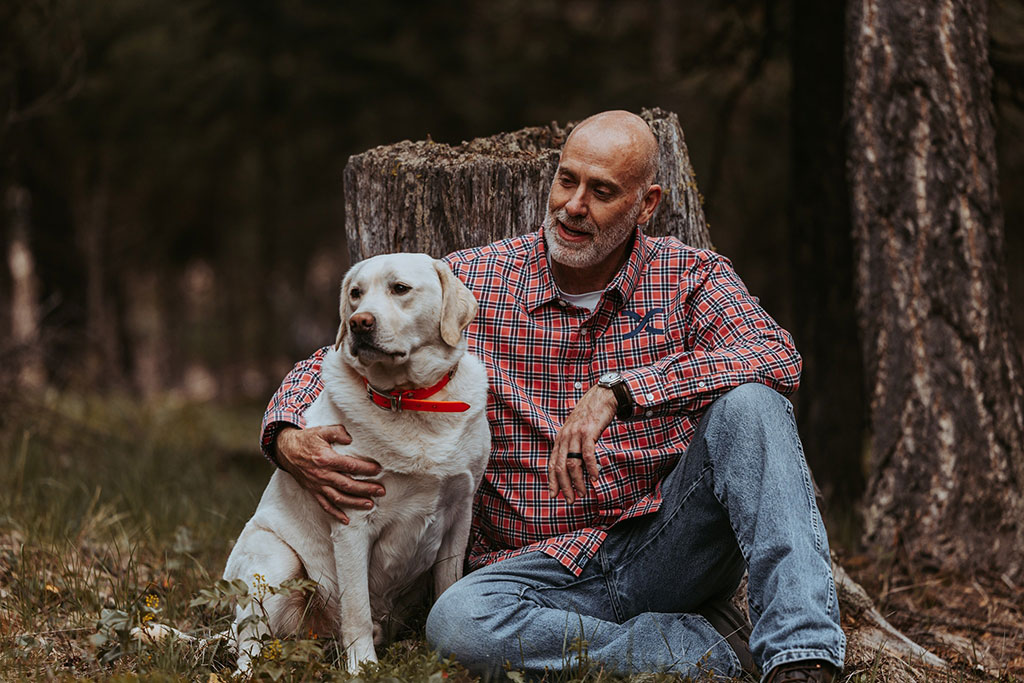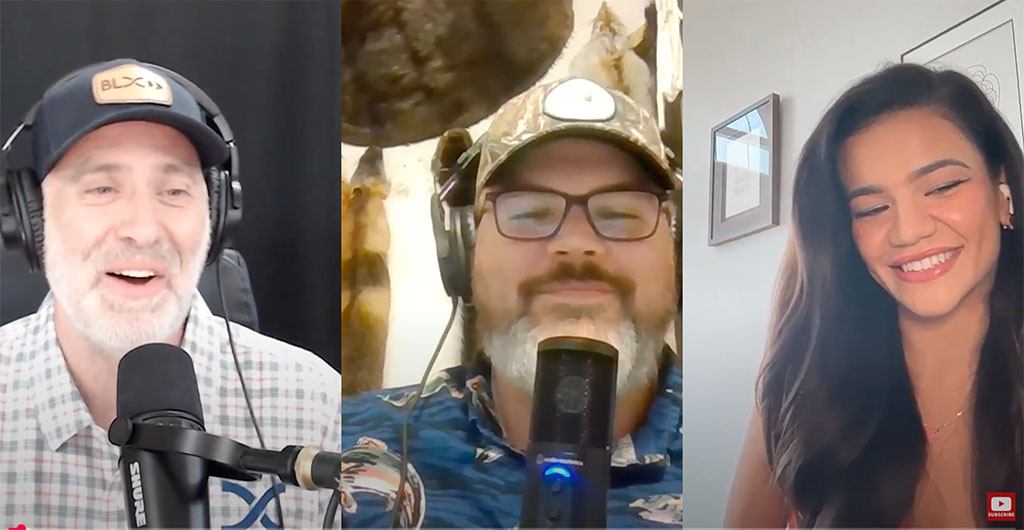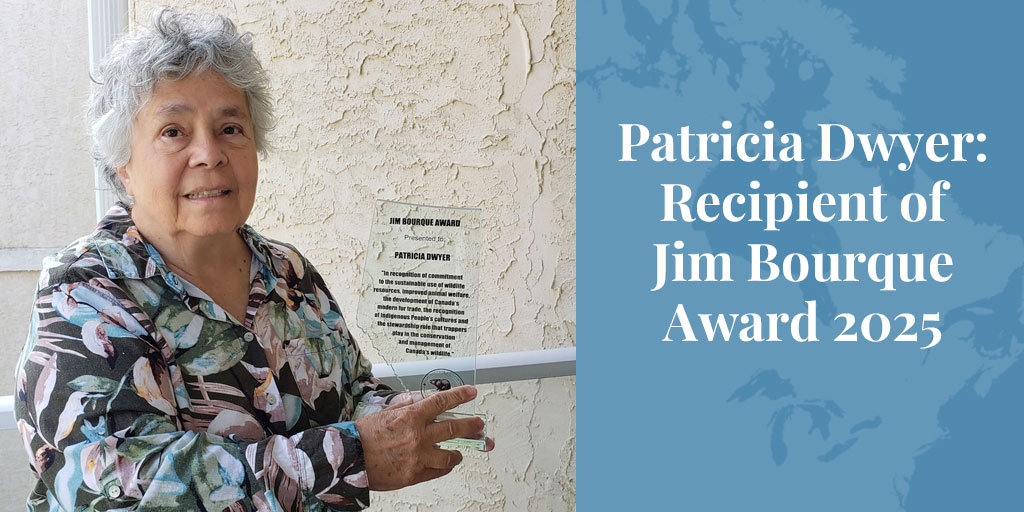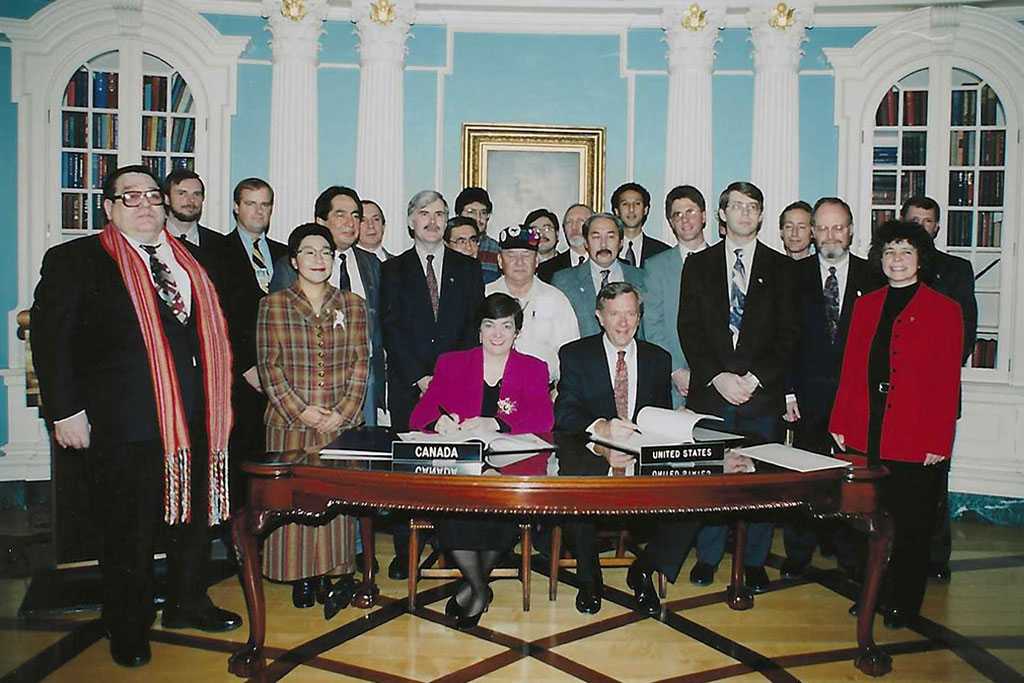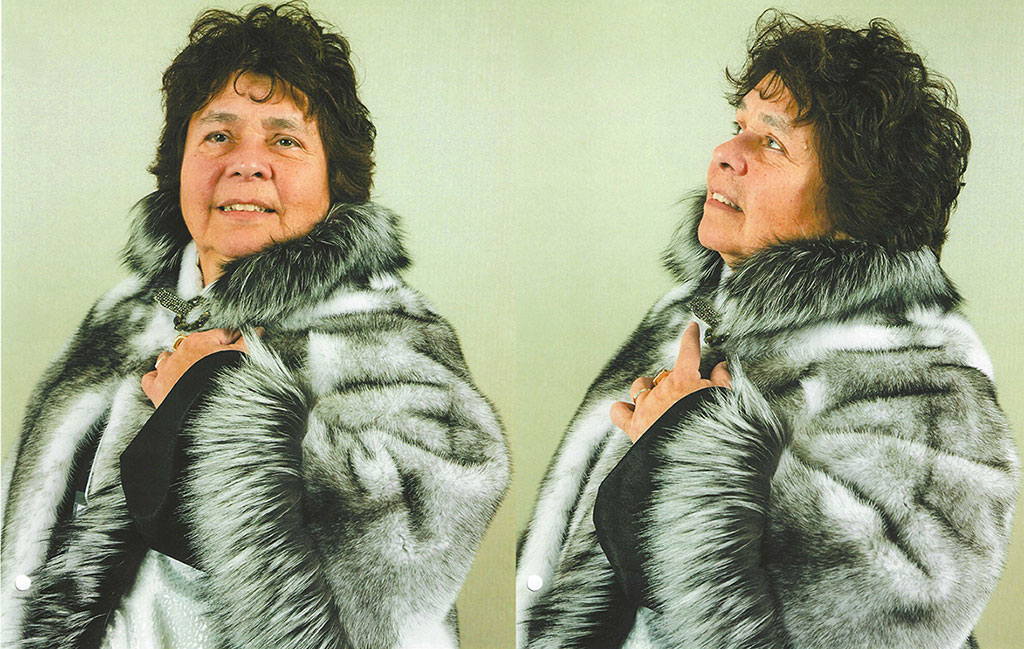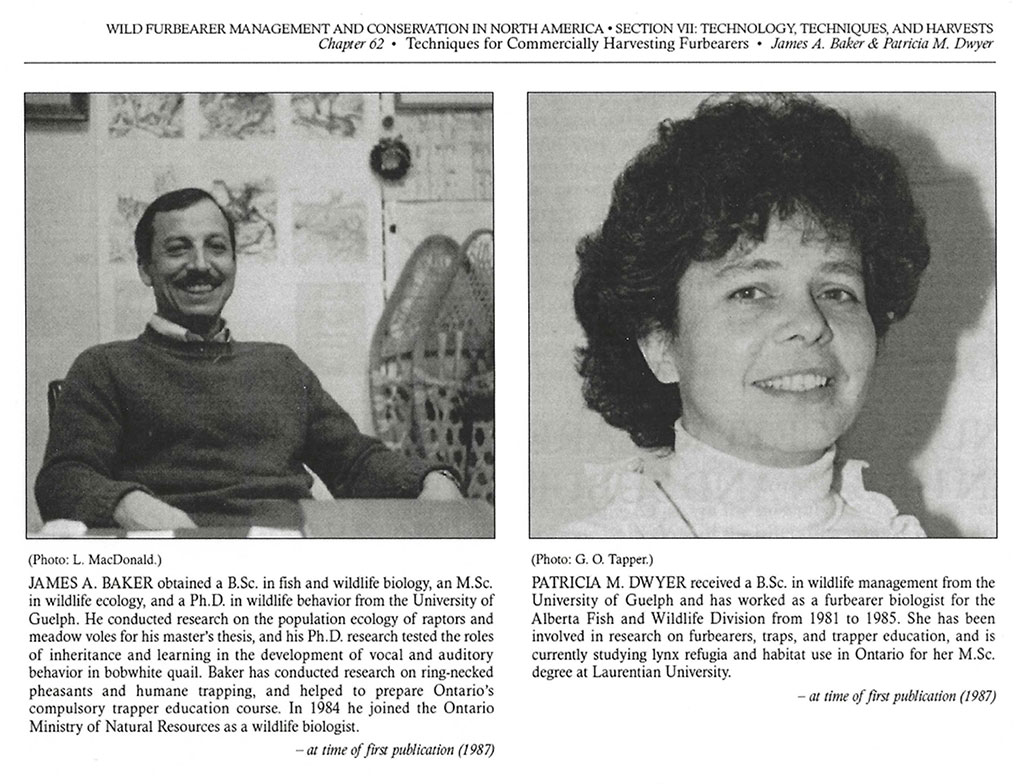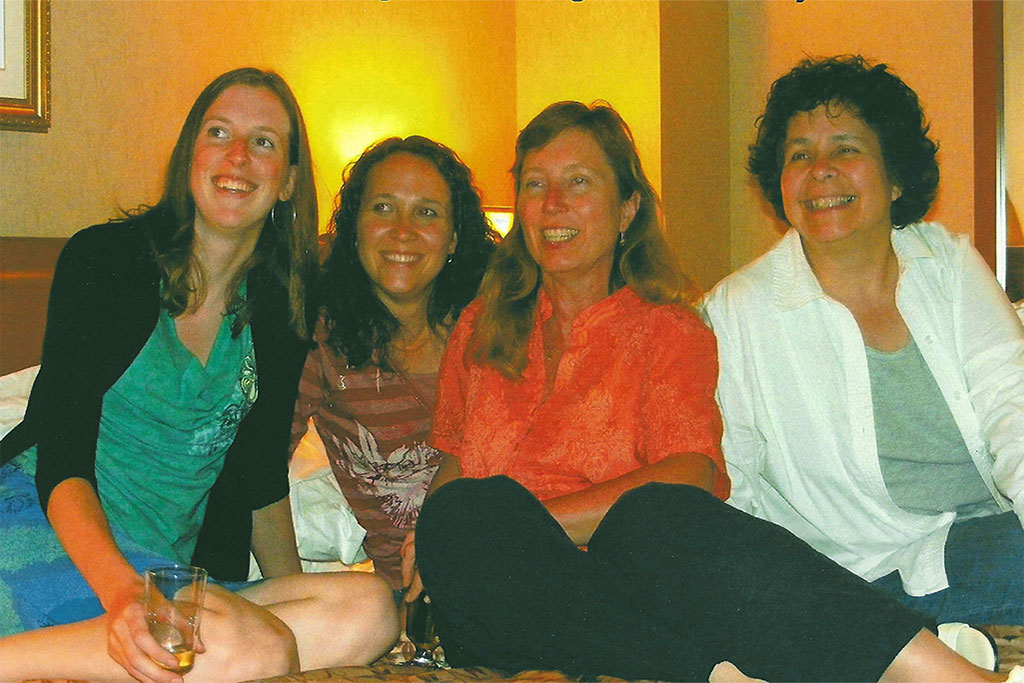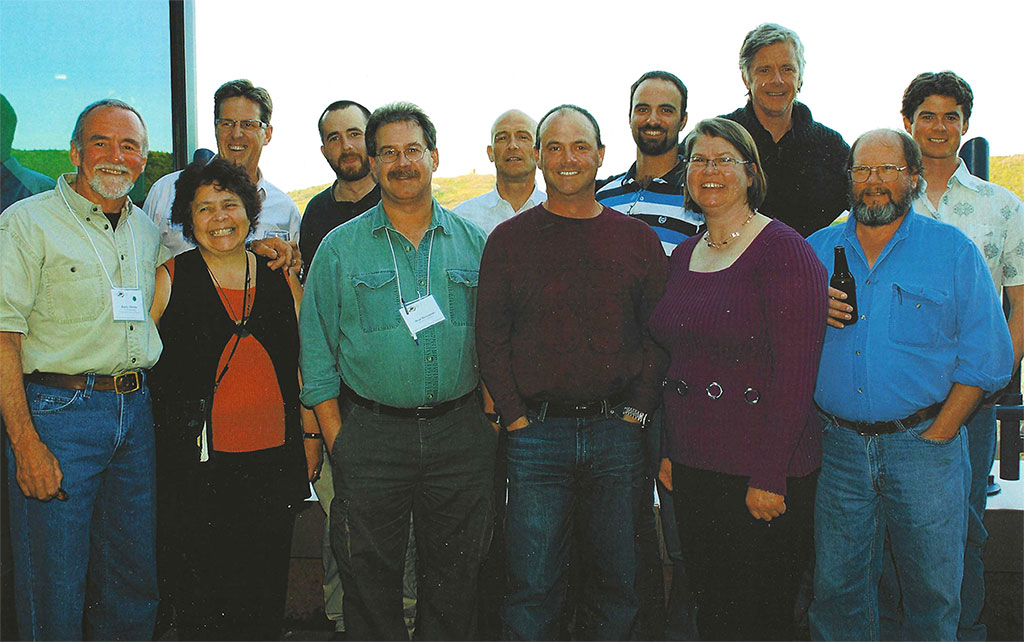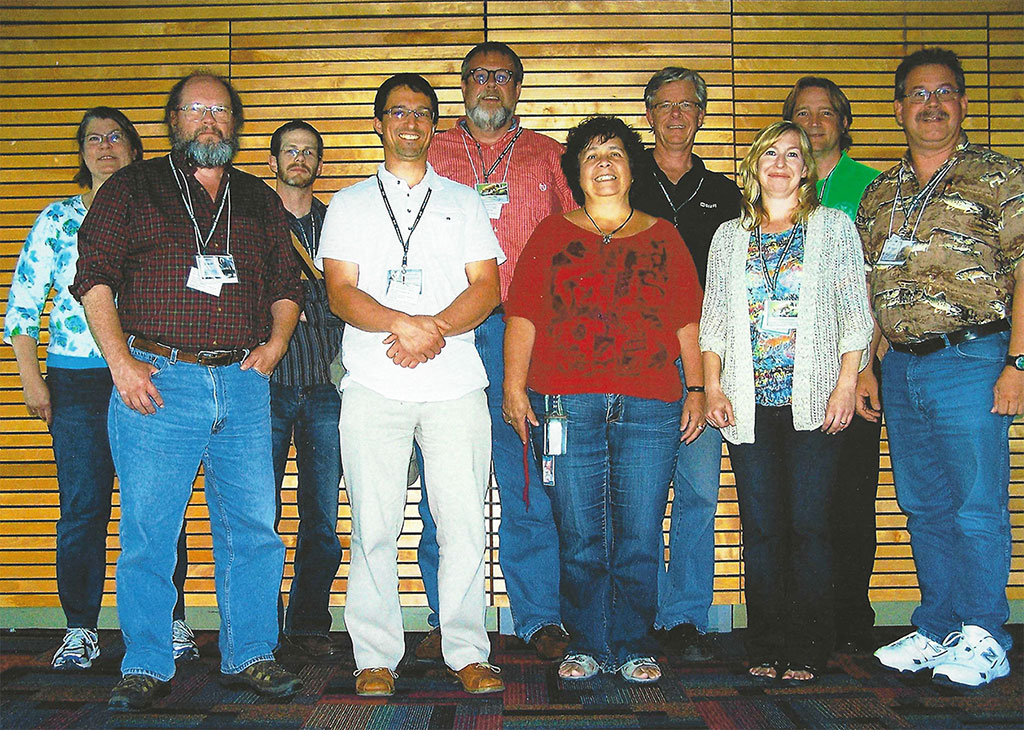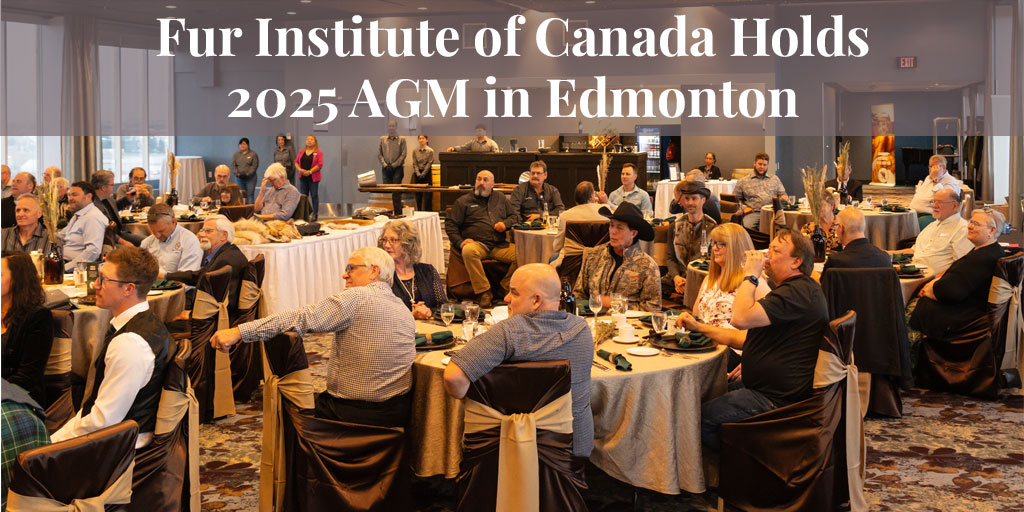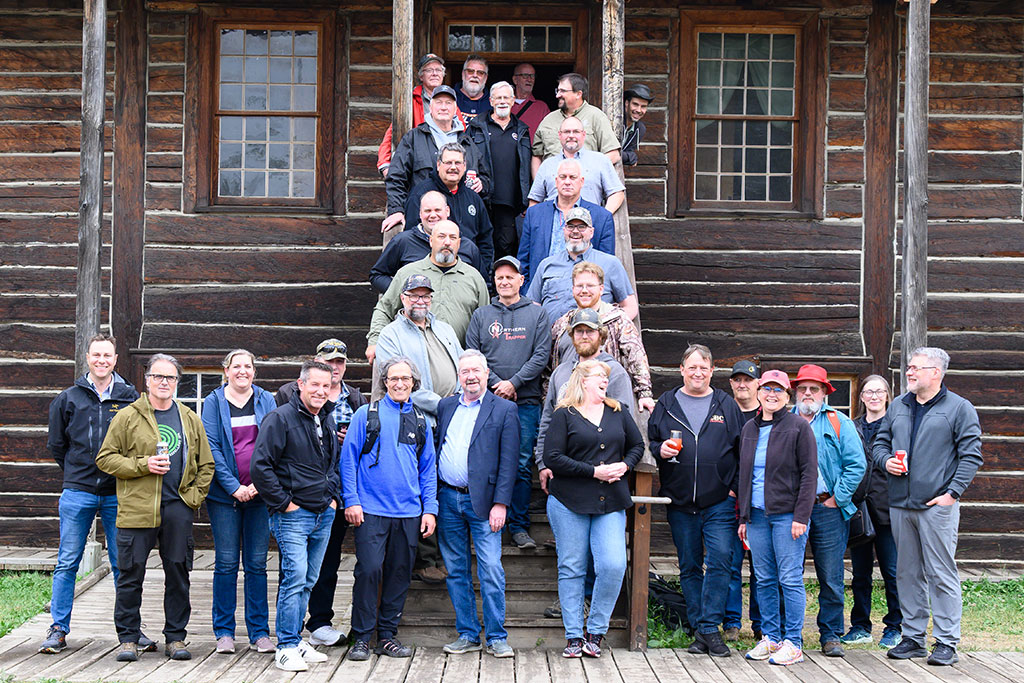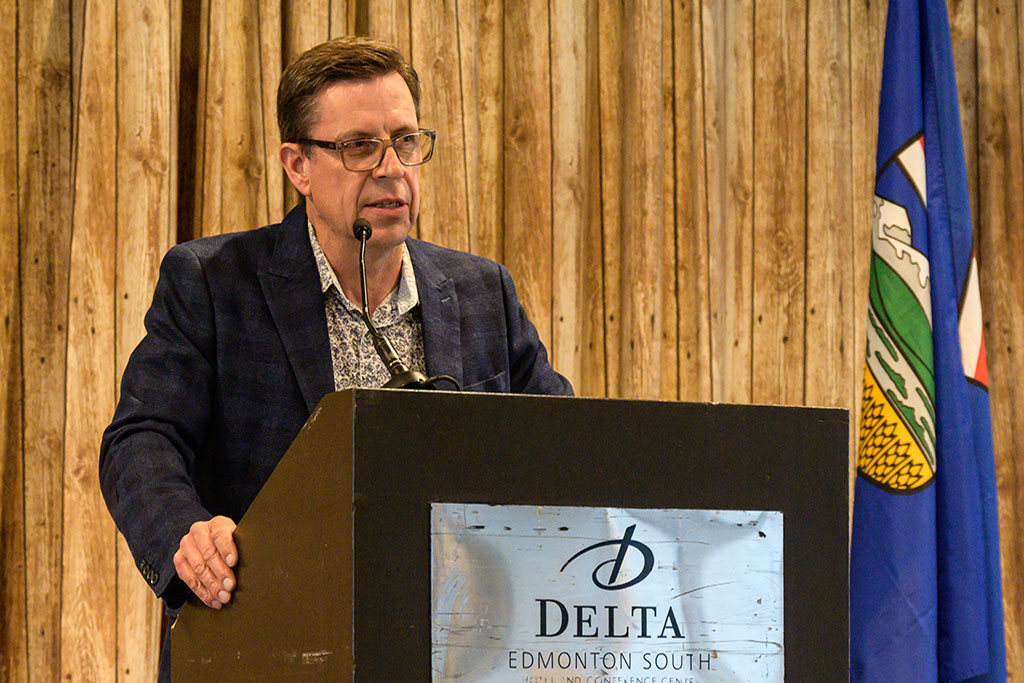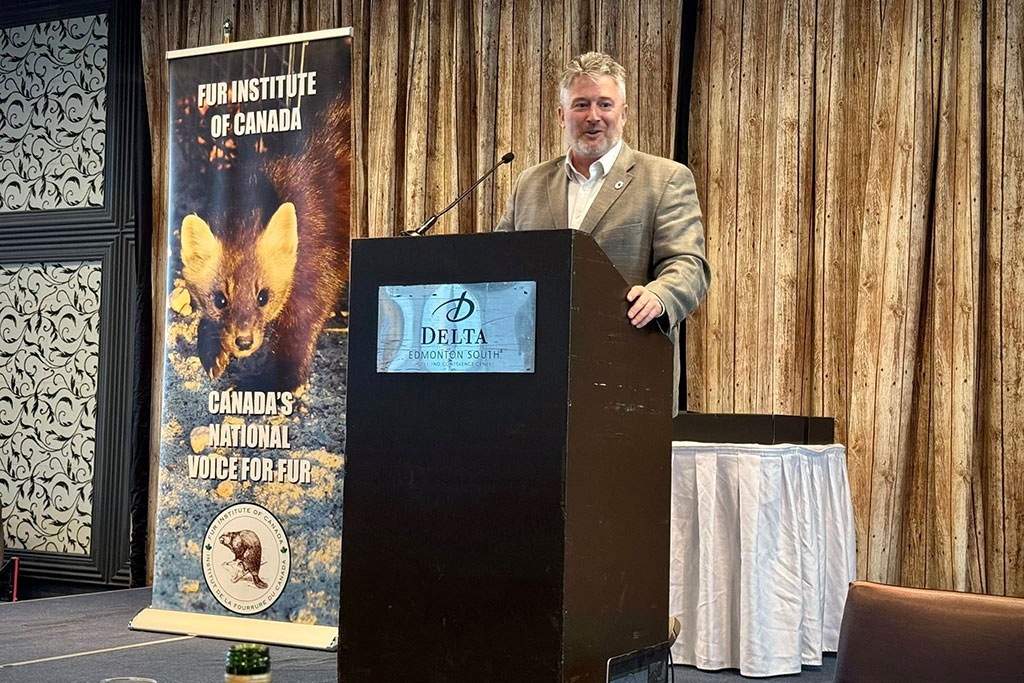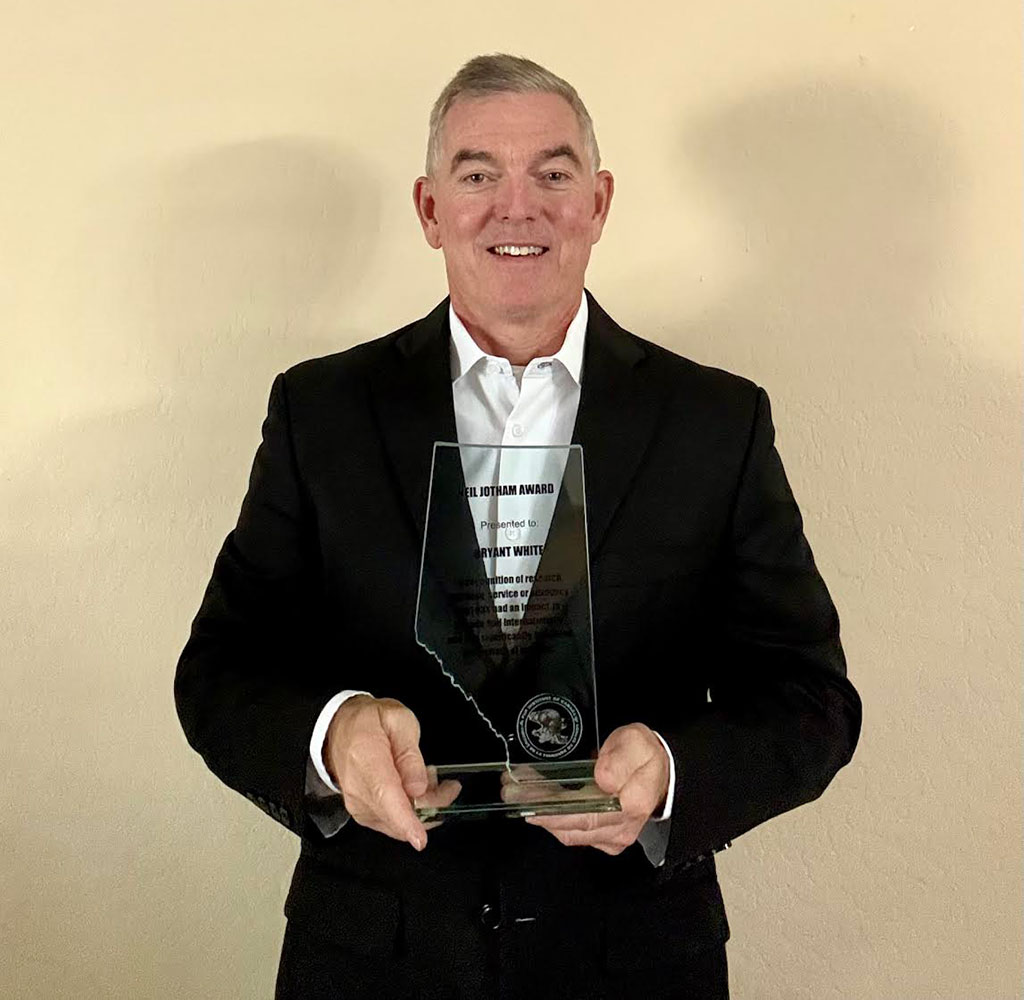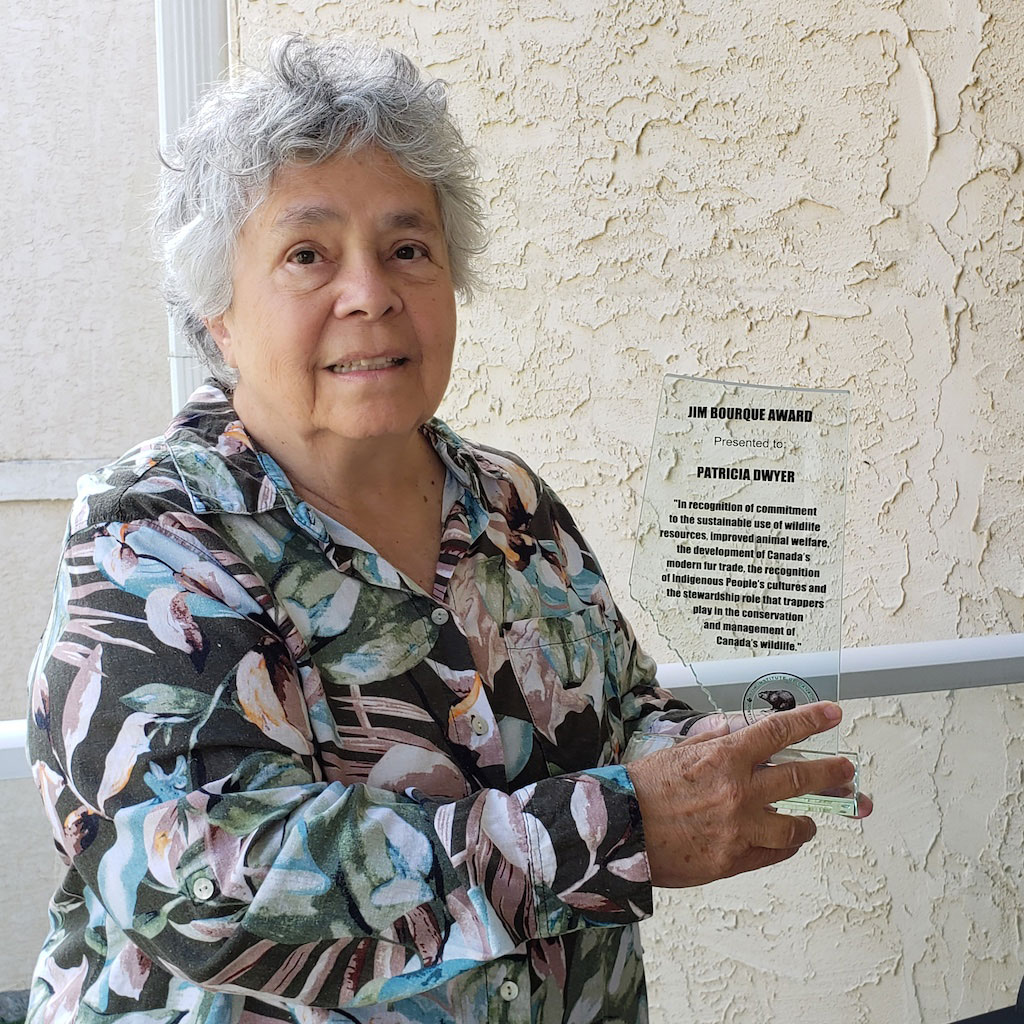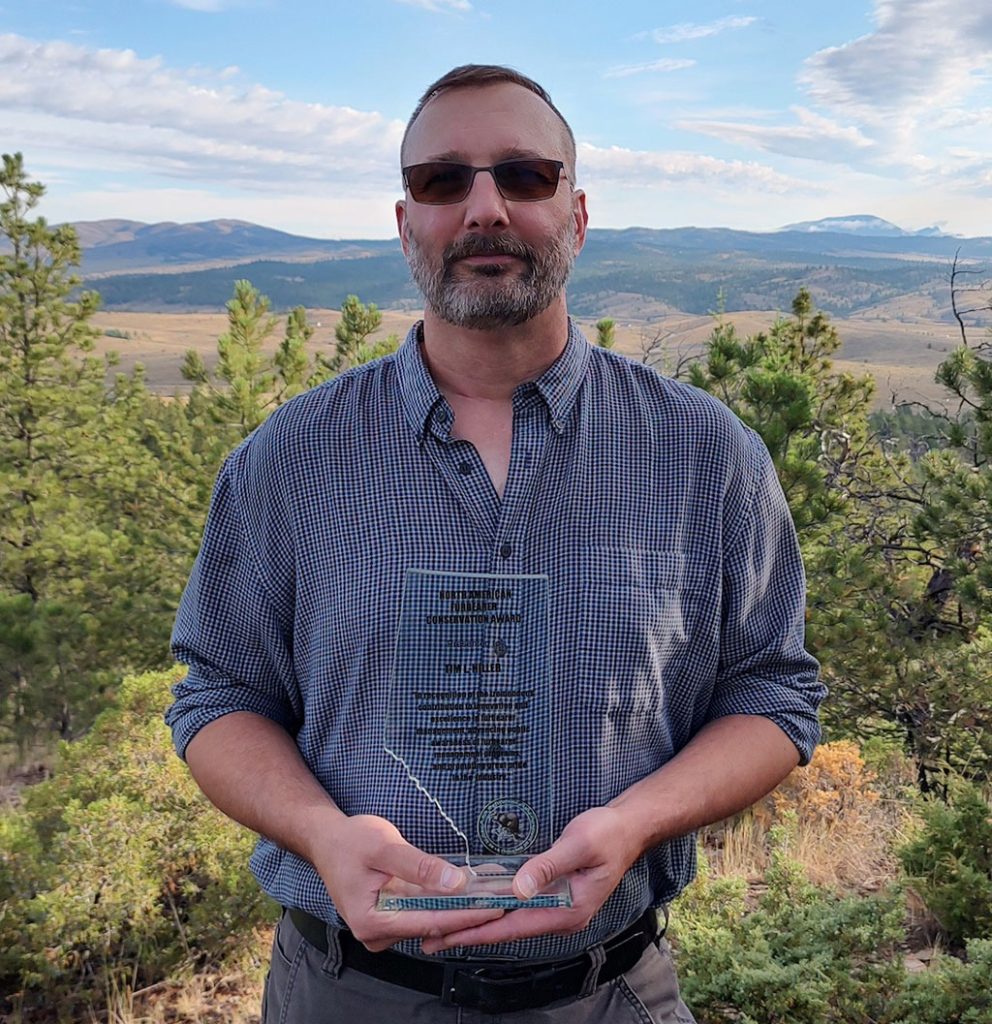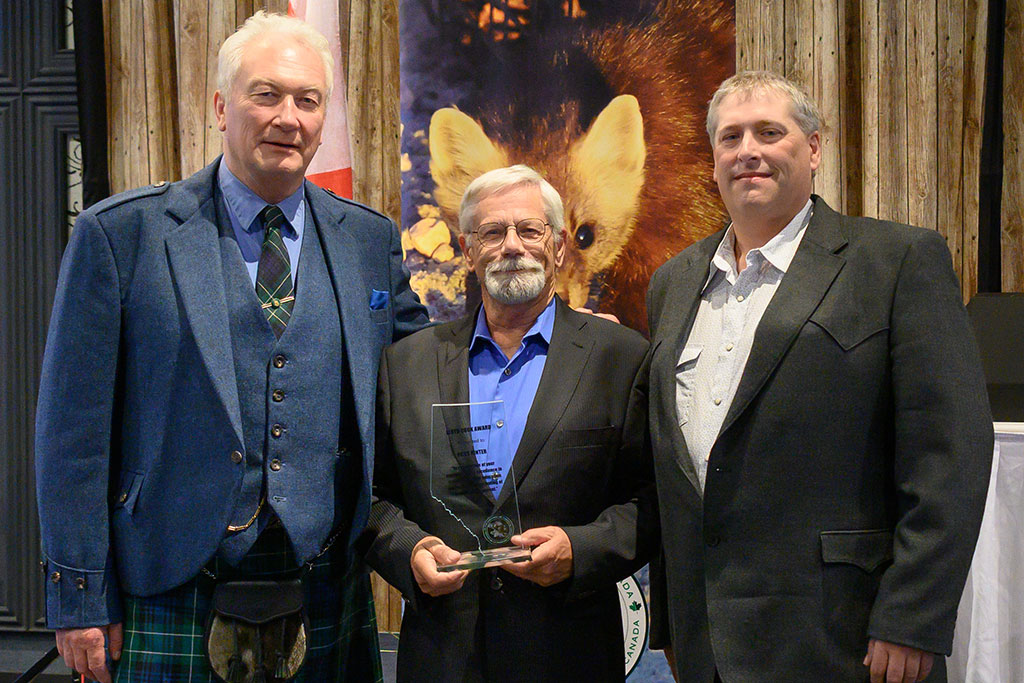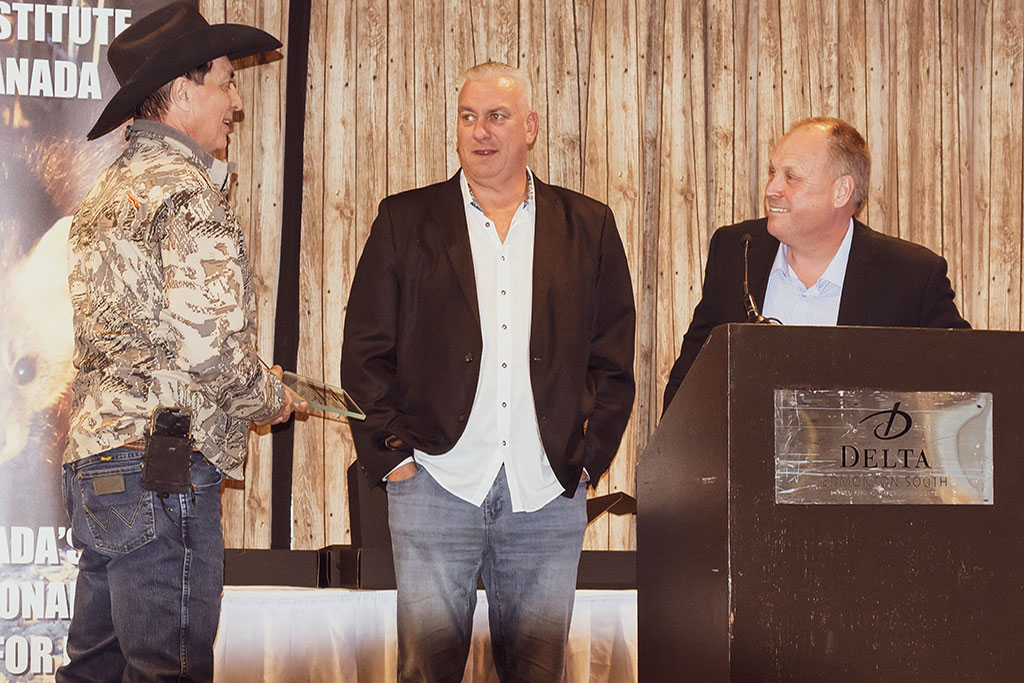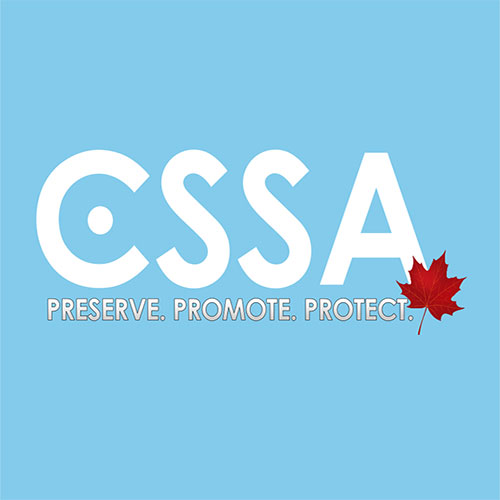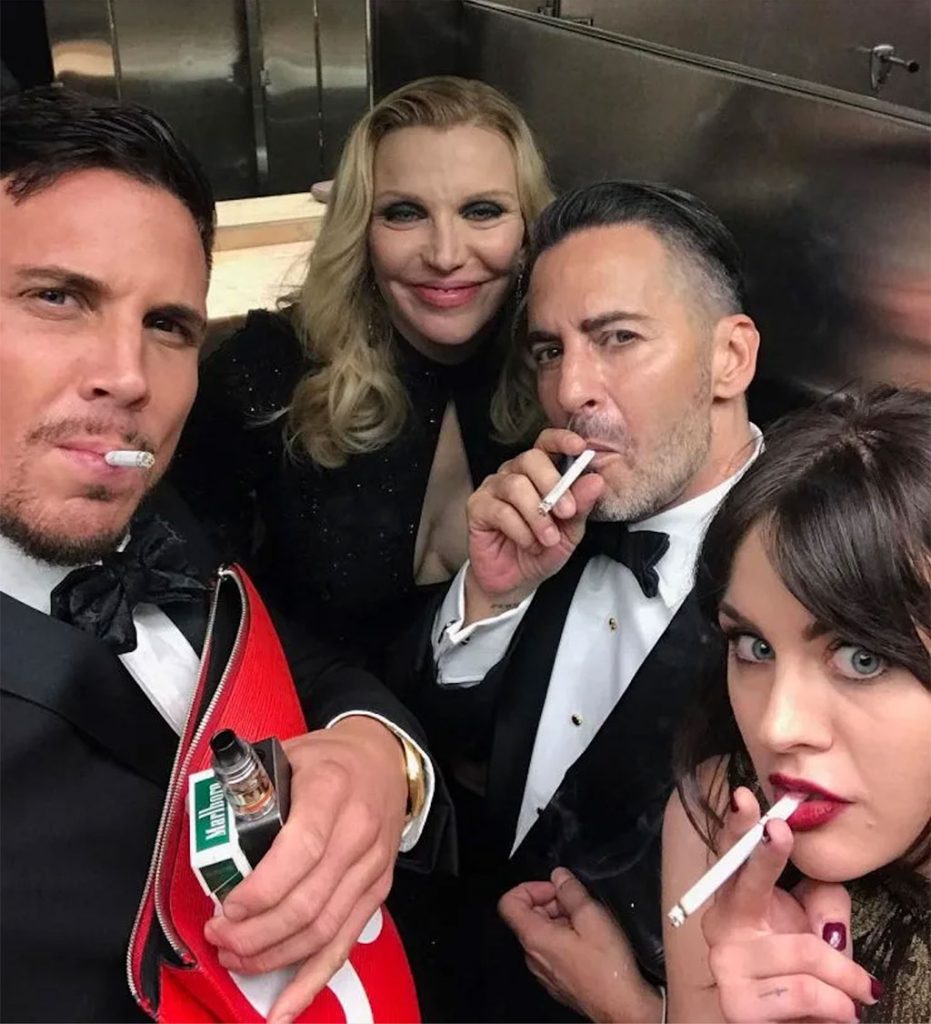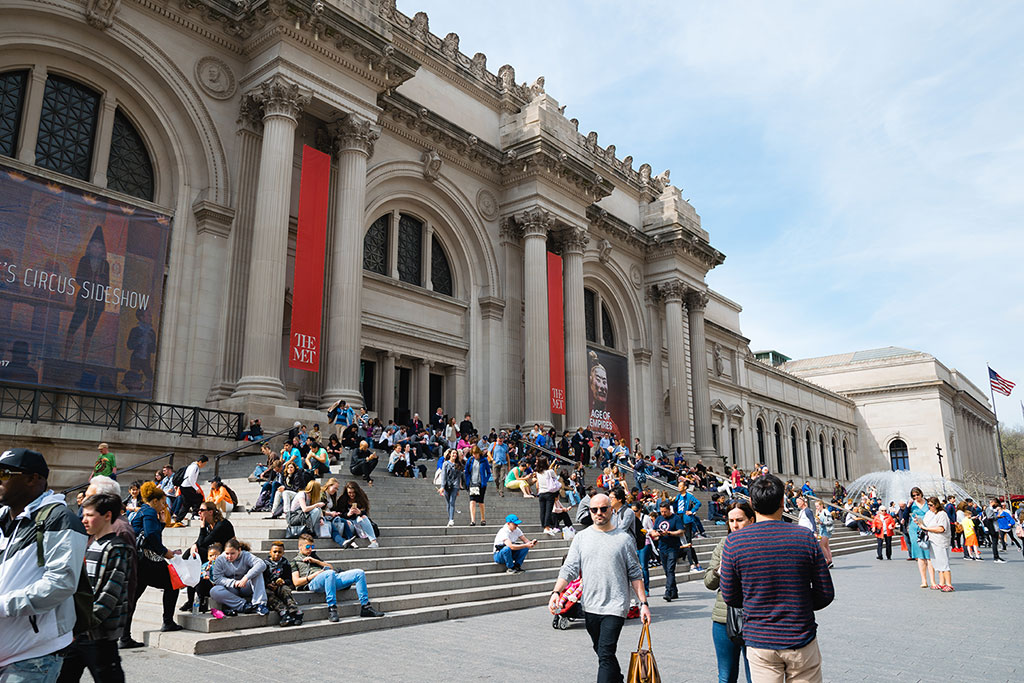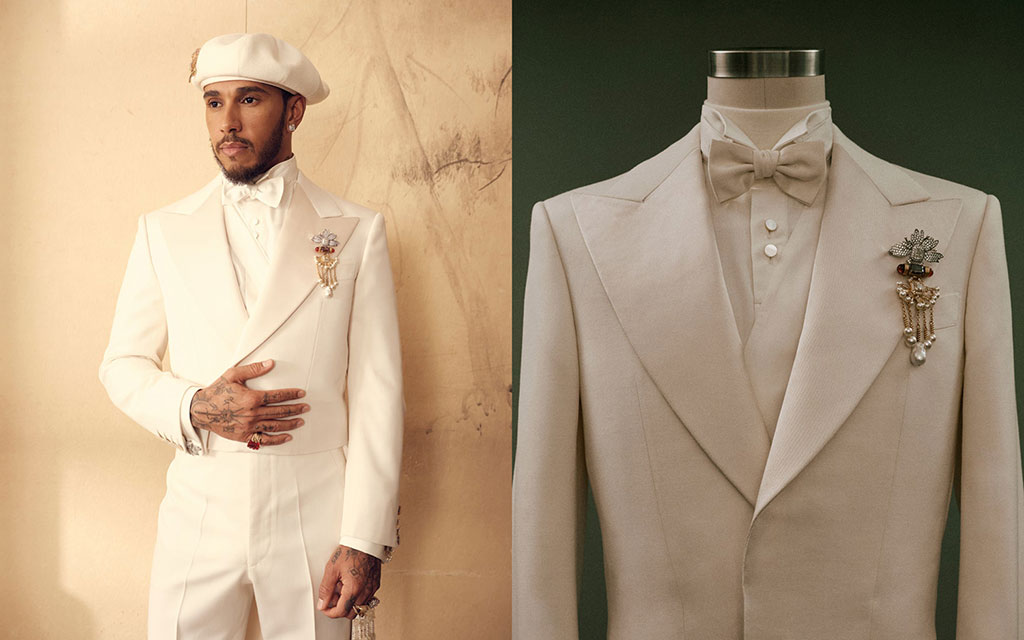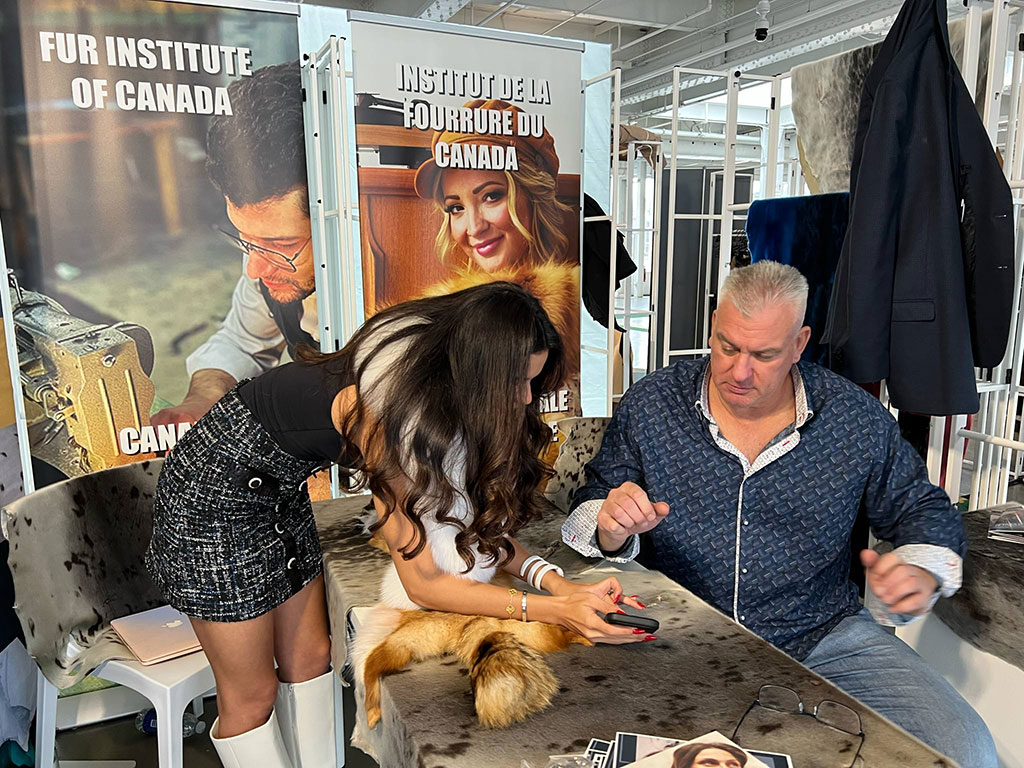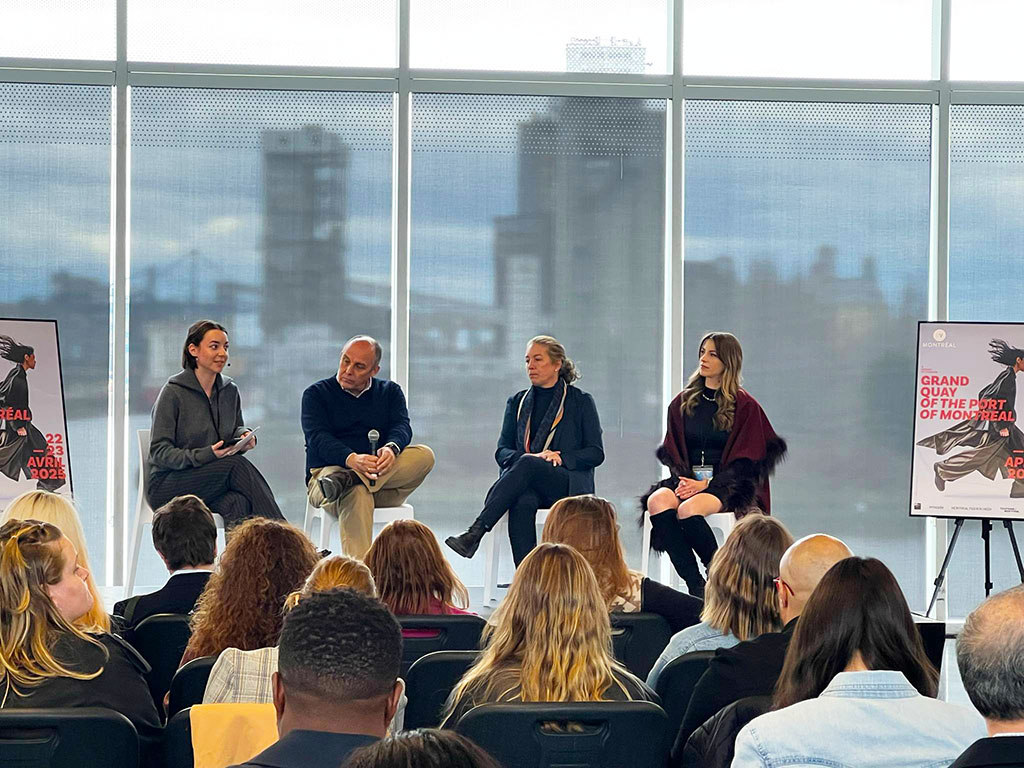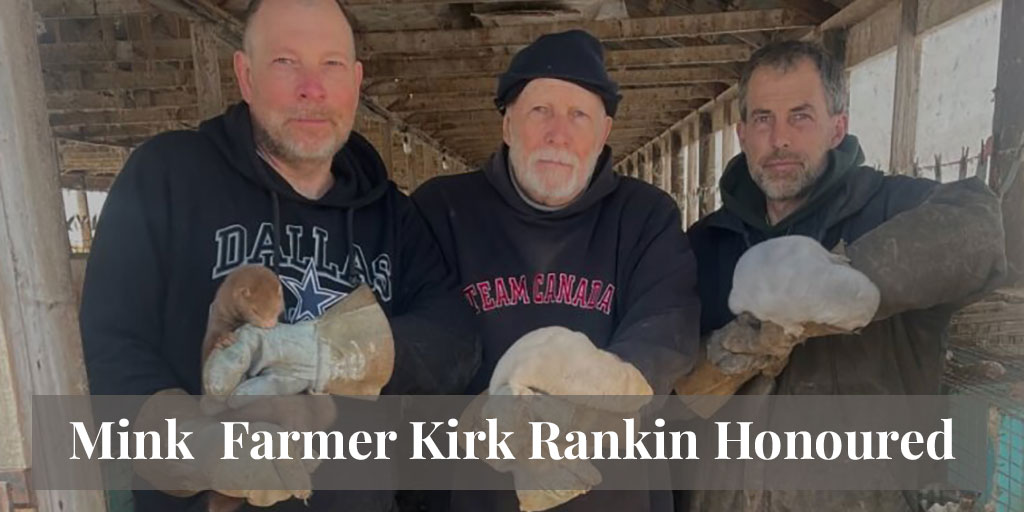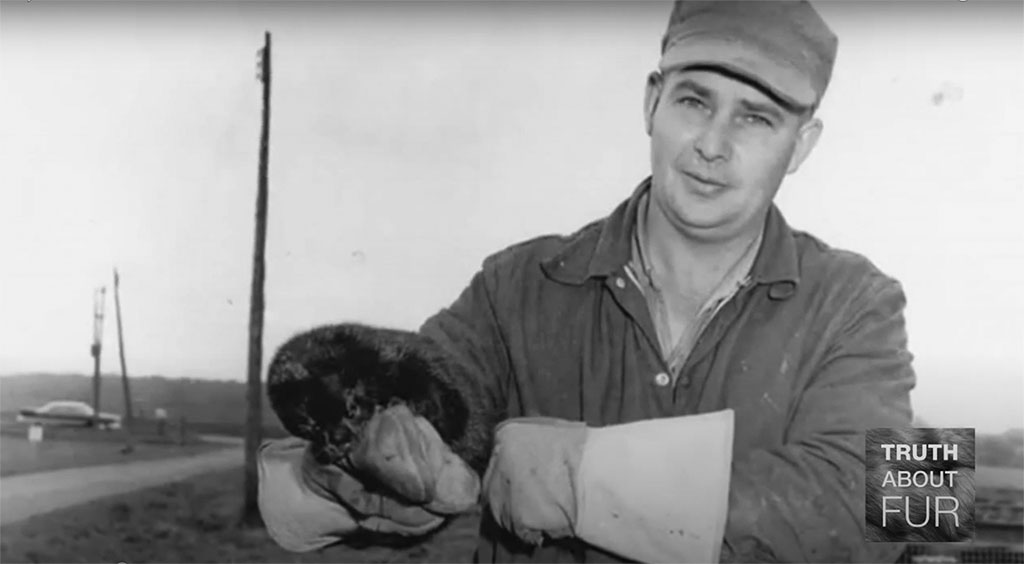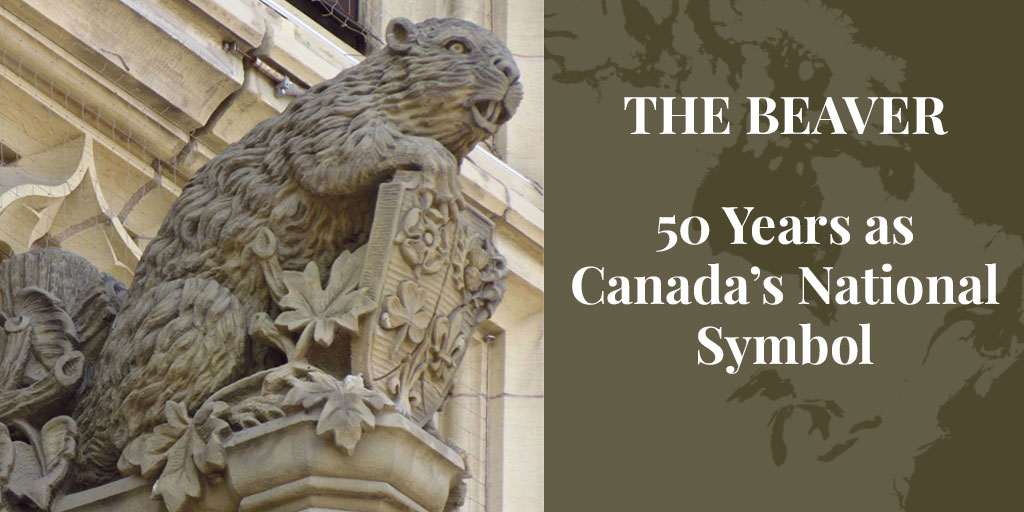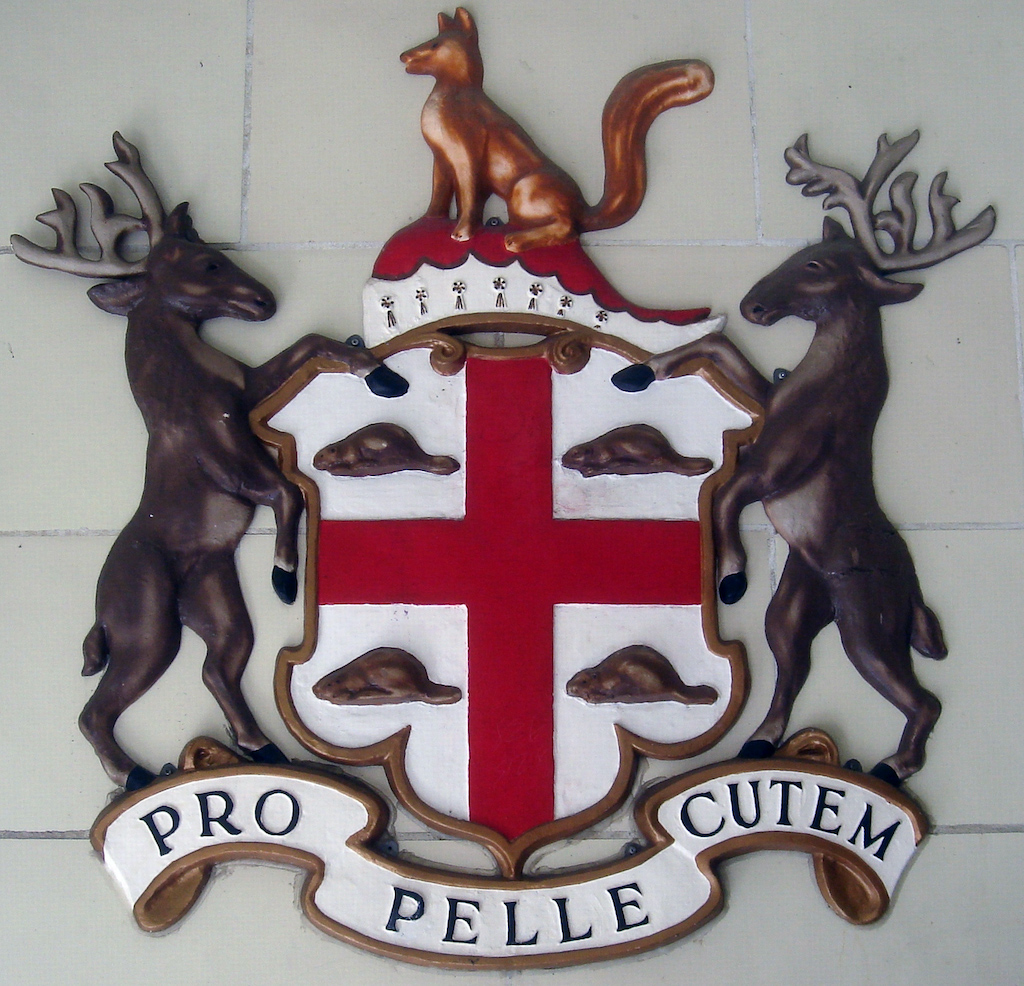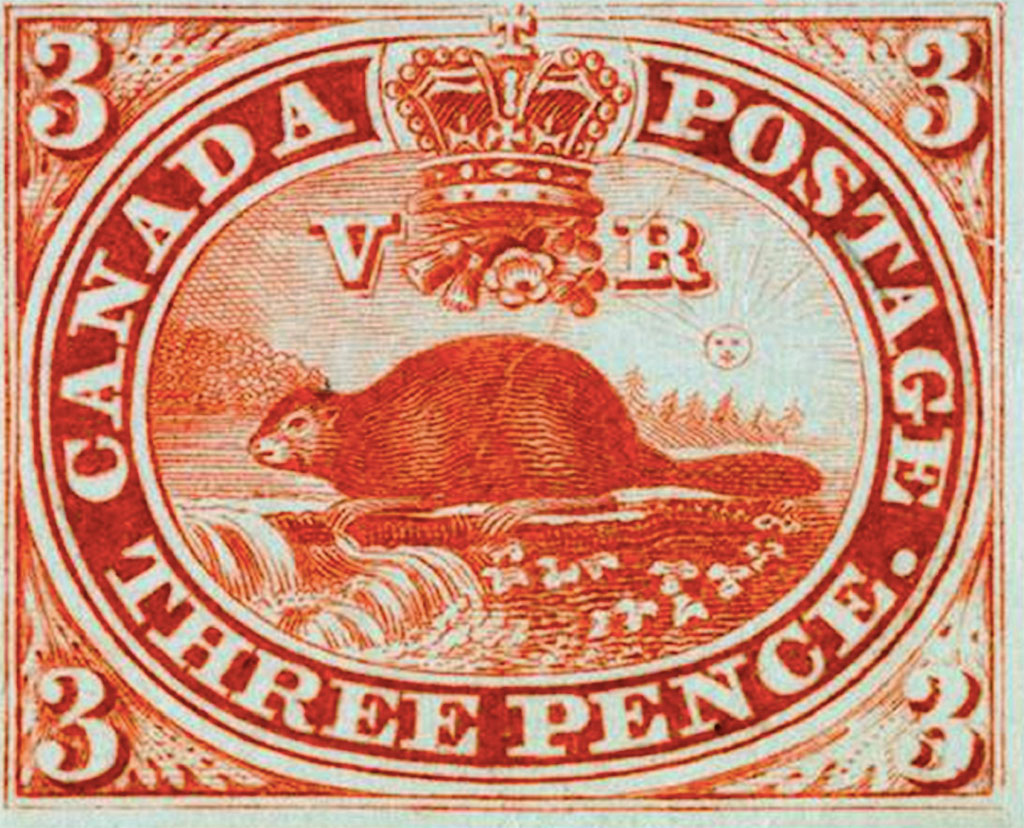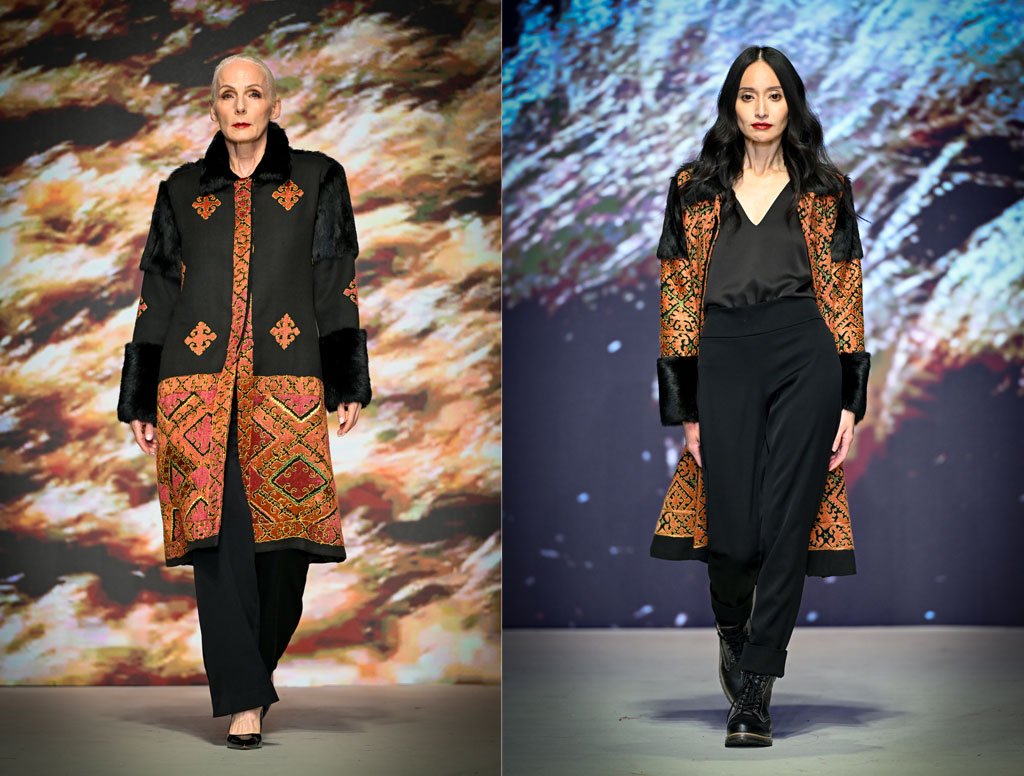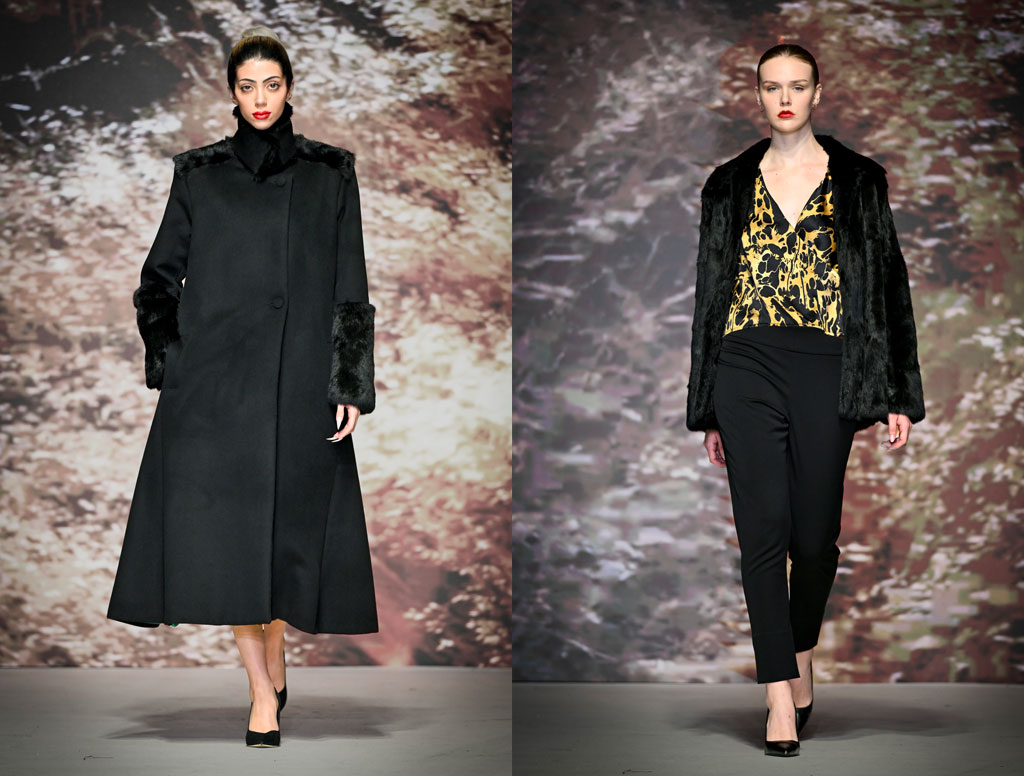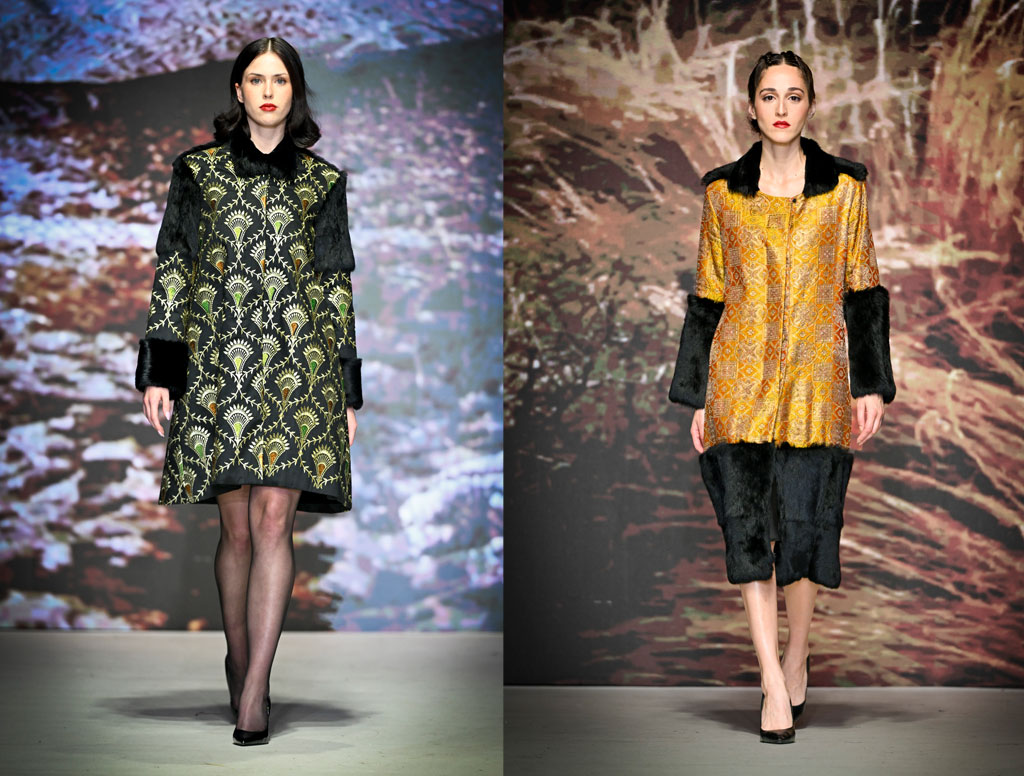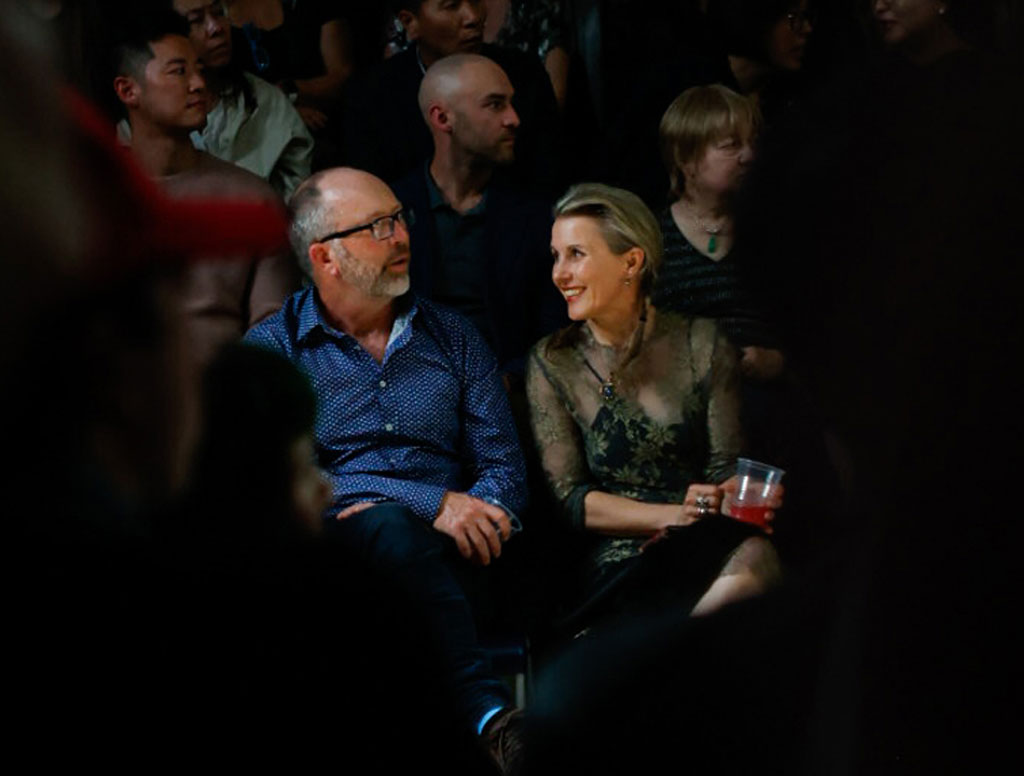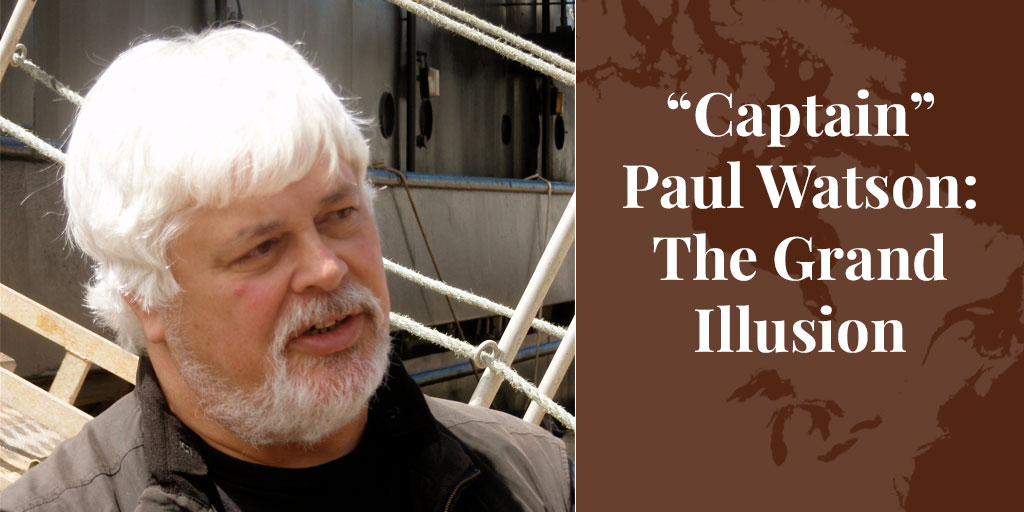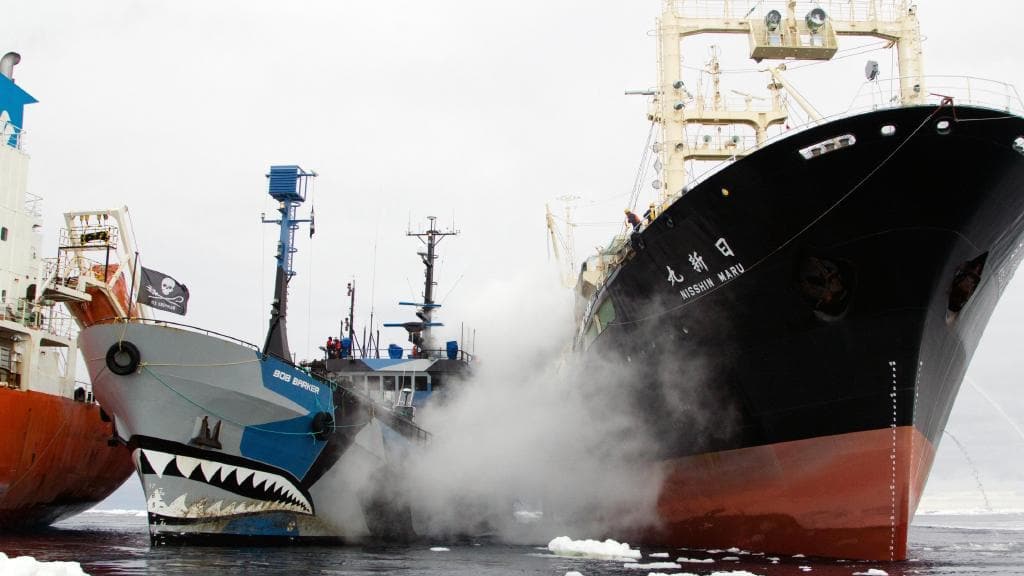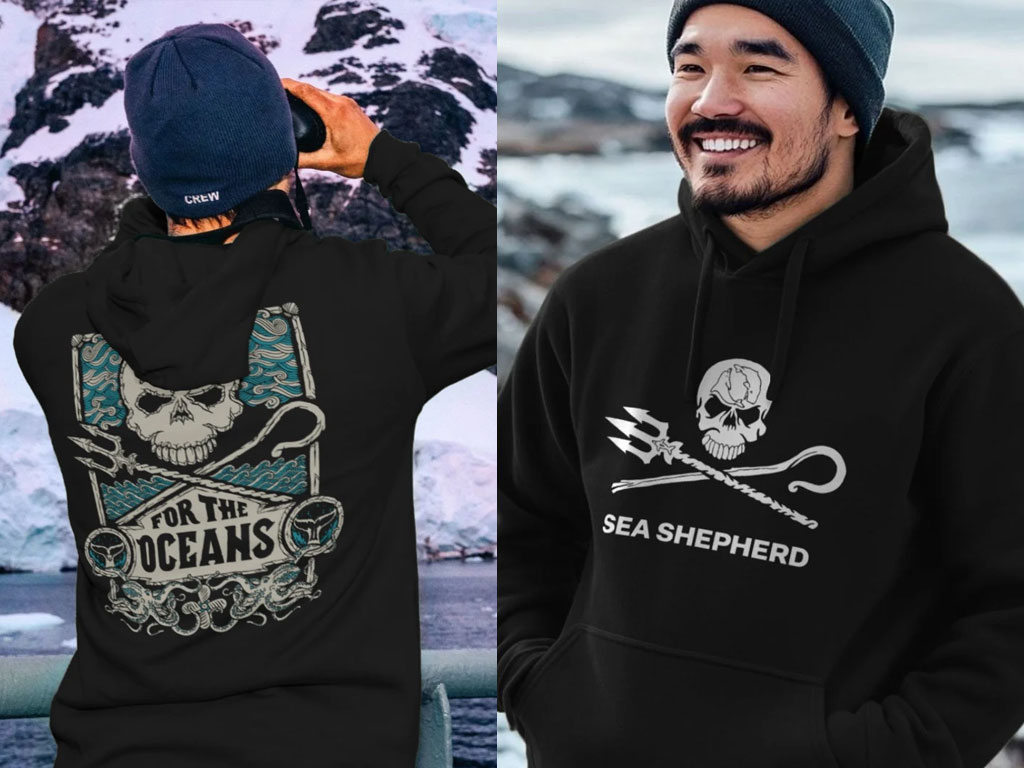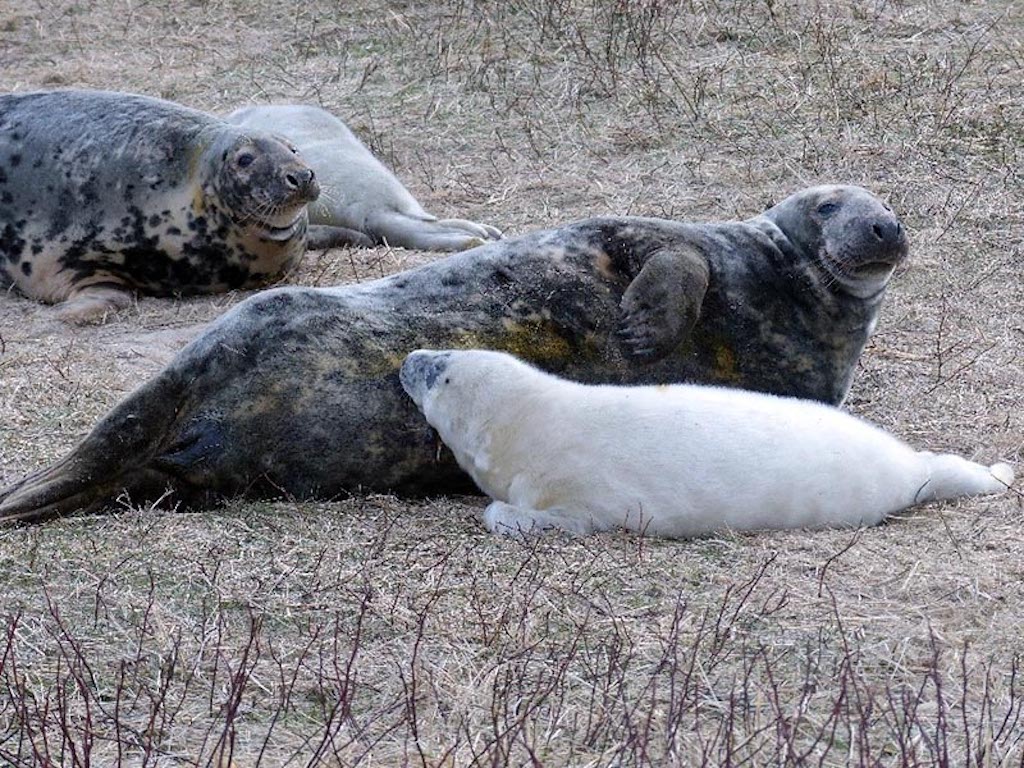One Students’ Trapping Club Needs Help, but Surely There Are Others
by Simon Ward, editor, Truth About FurThis is the story of just one students’ club in British Columbia, with a trapping component, that could use a…
Read More
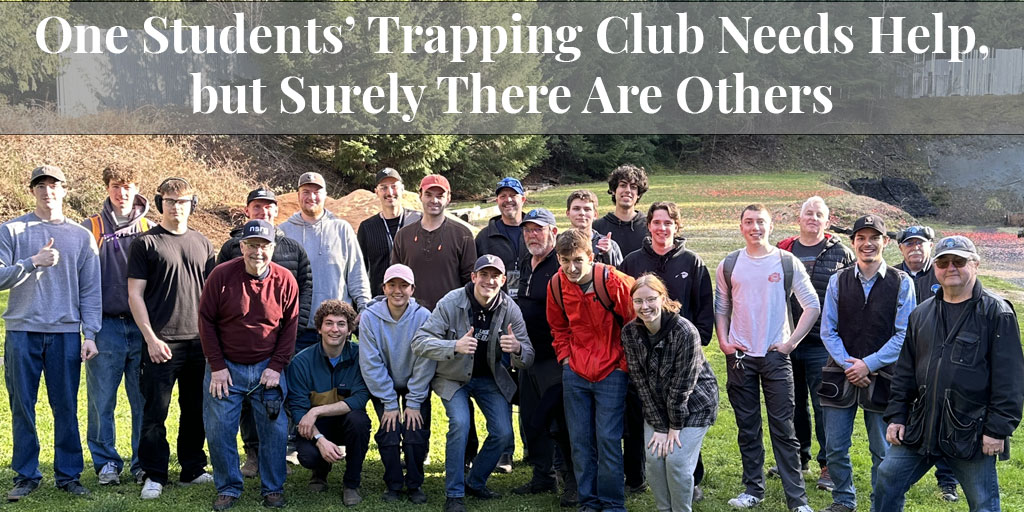
This is the story of just one students' club in British Columbia, with a trapping component, that could use a helping hand. But hopefully it will also open eyes across Canada. You probably live far from BC, but maybe there's a trapping club nearby that faces similar problems. Can you help? Or maybe you're struggling to start your own trapping club, and can learn from this young man's experiences.
Meet Cole Mark, a 25-year-old born in BC's capital, Victoria, and a student at the University of Victoria, or "UVic" to those in the know.
By anyone's definition, Cole is an outdoorsman. When he is not studying forest biology or working for the BC Wildfire Service, he is hunting, rock climbing, backcountry skiing, fishing, scuba diving, spearfishing, shooting (guns and bows), and foraging. He also has "strong passions" for wildlife management and sourcing his own food.
It was in character, then, that in 2023 he started the UVic Freediving and Spearfishing Club, and followed this up in 2024 with the UVic Fish and Game Club – the one we're going to talk about today.
As the name suggests, the UVic Fish and Game Club dabbles in a wide range of activities, both hands-on and involving educational presentations and licensing courses. One of the most successful components has been shooting, with nearly 50 members completing their firearm safety training in the club's first semester alone.
The trapping component, however, is proving more challenging to get off the ground – something we'll circle back to.
Making of an Outdoorsman
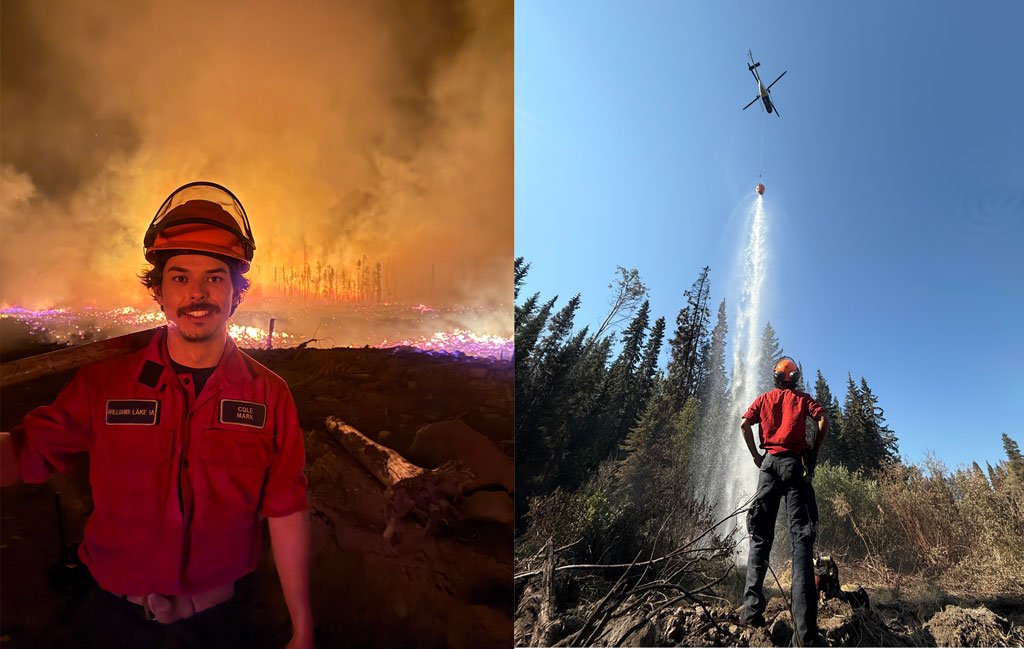
Truth About Fur: In your own words, Victoria "offers limited exposure" to outdoor activities, while your parents are a teacher and a lawyer. How, then, did you become an outdoorsman?
Cole Mark: My love of nature was largely instilled in me by my late grandfather and my uncle. My grandfather and I spent days fishing, and he shared stories about hunting and fishing. My uncle, a commercial diving captain, often took me fishing and crabbing, further shaping my passion for the ocean and outdoors.
Ironically, as for Victoria, the capital of BC, its limited offering of exposure is largely because of considerable social pressure to oust these foundational pieces of Canadian tradition and heritage. This makes it awfully intimidating for people to take interest in, never mind trying to be a part of, outdoor recreation.
As many of you know, and starting well before I was born, there was a slow clawing at everything trapping, hunting, fishing and shooting. However, today it's been turned into more of a cutting away. As a young man who cares deeply about his country, neighbour, and having a family of his own one day; I quickly realized that I needed to be the change I wanted to see. I knew it wasn’t going to easy. The idea alone of starting a fish and game club that promotes the education of firearms and trapping at the University of Victoria was completely nuts. And it has been a wild ride for me to say the least. But, I knew I needed to make a difference where I could. I understand how intimidating these pursuits can seem to people with no background in them, and this is what drives me to make outdoor education more accessible. I want others to discover and appreciate this important part of Canadian tradition, heritage and culture.
TAF: Starting the Freediving and Spearfishing Club and then the Fish and Game Club was a logical step for you, then?
CM: That's right. The mission of both clubs is to provide a space where students can develop practical skills, build a deeper connection with nature and food, and promote safety, ethics, and conservation in all activities with friends and without worrying about backlash. Both clubs have been incredibly rewarding to start and run, and they have taught me a lot about leadership, community building, and sharing my passion with others.
TAF: Could society do with more such clubs?
CM: I certainly believe so, especially at the university level. I keep my club entirely apolitical. My goal is to give anyone an experience and working knowledge so they can make informed opinions from choosing whether or not to buy a fishing rod at a local store, getting a firearms license (restricted or not), or casting a ballot.
Additionally, many of the outdoor recreational activities that fish-and-game clubs foster, including trapping, are being phased out in my generation. And as they disappear, we are also losing the heritage, values and most importantly the virtues they bring and inherently teach.
Our UVic club also just had our first hunting event approved! This event utilized an initiation hunting license where any student could get a license and hunt for the first time with a licensed student. It must be the first hunting trip a university club in BC, or maybe even in Canada, has done in decades.
TAF: You have no background in trapping, and yet your club offers this skill. How did this come about?
CM: I acquired my trapping license in 2021. I can thank Mr. Steven Rinella and a few whispers of stories about trapping here on the island for developing my interest. Ever since, it's been a defining part of my development as an outdoorsman and as a young academic. It has taught me lessons that my degree could not, from hands-on wildlife management and land stewardship to the practicalities of renewable resource management. It has taught me that there is a gap in understanding the vital role that trapping plays in sustainable wildlife management, land stewardship, and in renewable resources. It has instilled in me a profound respect for the delicate balance of ecosystems, the patience to observe and understand animal behaviour, and the discipline required to work ethically within nature’s cycles. And it has reinforced the values of responsibility, resilience, and humility, showing me that a true connection with the outdoors is not all from theory but also time spent in the bush.
These are the lessons I hope to pass on to my fellow club members.
Hurdles to Trapping
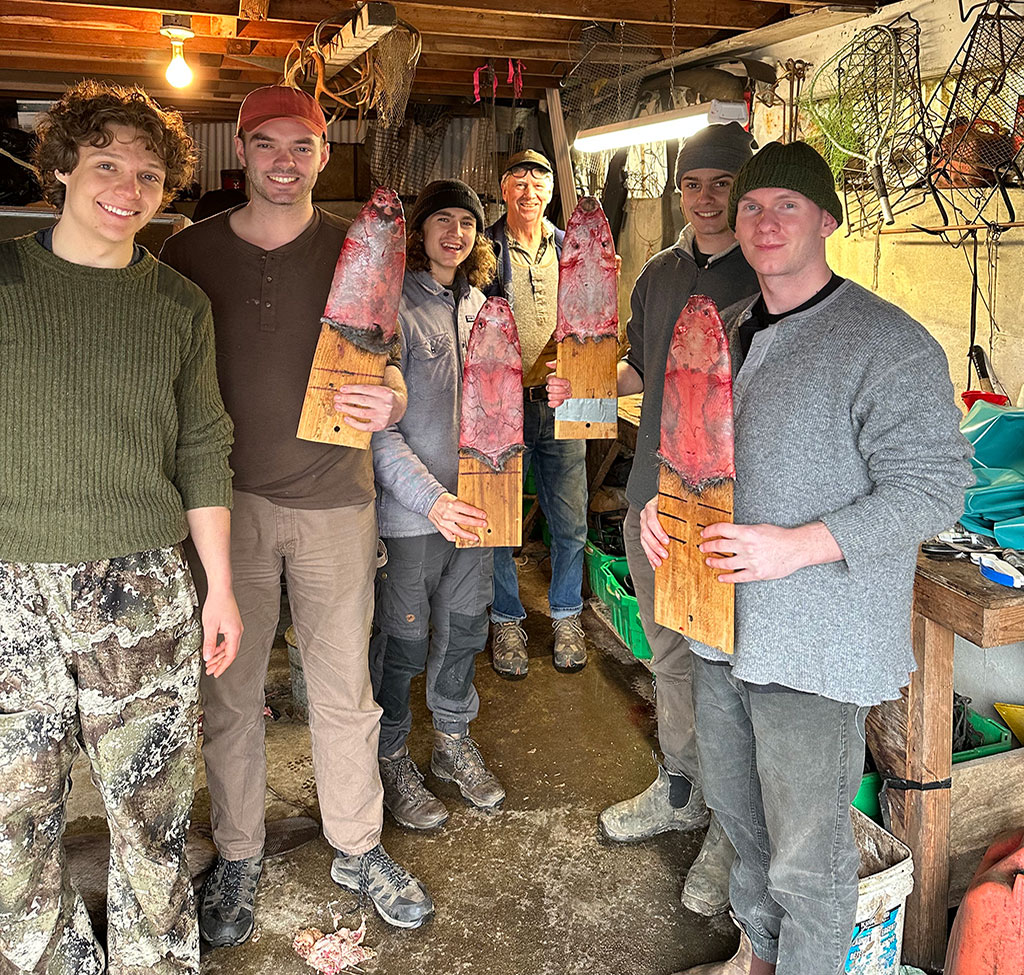
TAF: You say that two hurdles stand in the way of really getting trapping off the ground at your club: cost and limited opportunities to "get out".
CM: That's right. Overall, the club is doing well. We currently have around 130 members, and our numbers continue to grow as more students seek outdoor experiences and opportunities to learn. Of all the activities we offer, though, trapping presents unique challenges.
There's a decent amount of interest in trapping at UVic, but we need to provide more opportunities for club members to spend time on actual traplines, and we also need to provide a way for them to become licensed. Both face issues of accessibility and cost.
In BC, you can only trap on traplines or on private property. Traplines that were once hundreds of dollars, are now tens of thousands. BC only has around 1,800 licensed trappers, which is roughly a 40% decrease from the 1950’s. I fear what kind of future my own children will face. Will the lifestyle be reserved for a select few diehards and those willing to endure unnecessary scrutiny, criticism, and death threats? I sure hope not.
As for helping students obtain their trapping licenses, so far about 30 students have expressed interest in taking a course, but only one has done so. This was through the British Columbia Trappers Association. Courses cost around $800, are a two-hour drive from town, and only run once a year. So we've been working with the BCTA to offer a more accessible and affordable alternative for club members, but it's a work in progress.
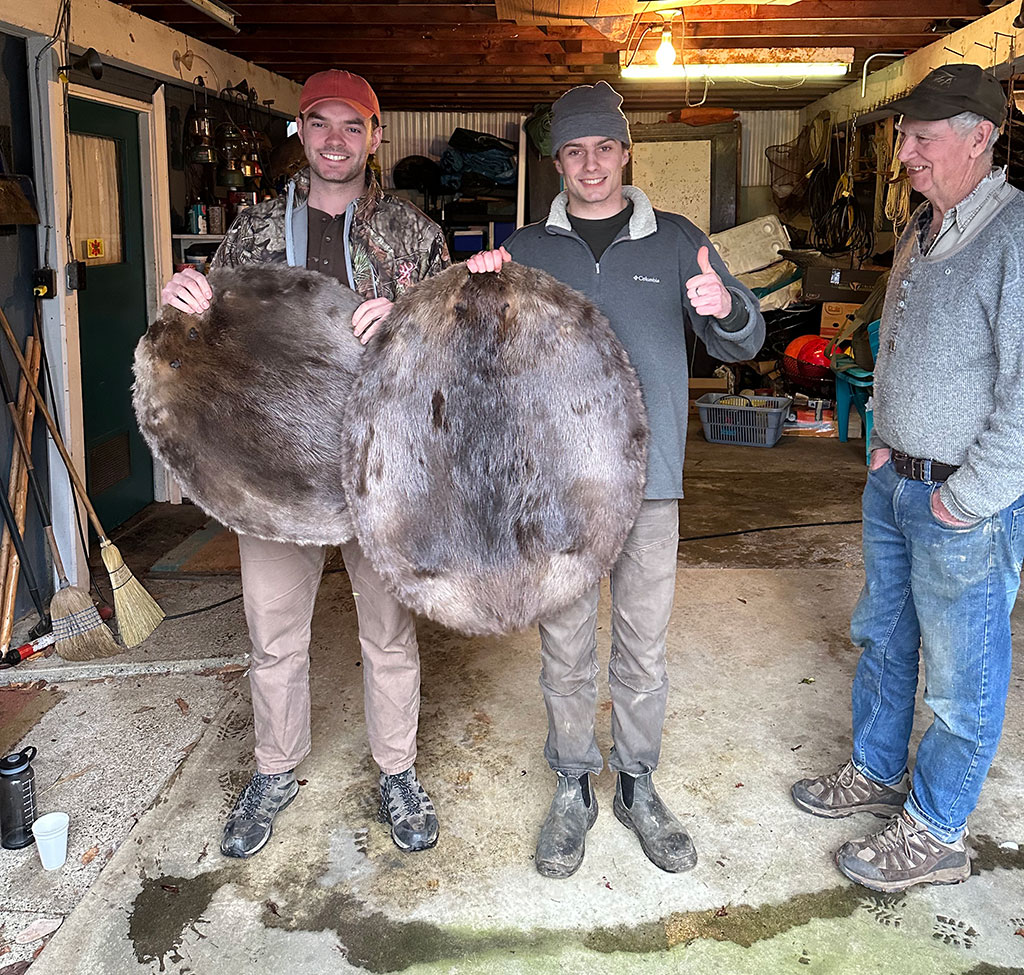
TAF: So have you been able to offer members any opportunities at all to gain hands-on trapping experience?
CM: Thankfully, yes. A very generous local trapper and former instructor, Jerry Baker, agreed to host a workshop for just $30 per student! Unfortunately, he will be selling his line soon as he is unable to work it any longer due to age, so we're still looking for a long-term solution. I have had one trapper reach out to us about a line that's pretty close to UVic, however, they’re looking for ~$25,000 which is well more than I have.
My hope is to arrange a partnership or access agreement with a trapper or landowner here on Southern Vancouver Island. My vision is to secure a trapline that the club can use for education, mentorship, and hands-on learning. We have limited funding but I am more than happy to work on something that is mutually beneficial.
I also believe that having guaranteed access to a trapline could offer students unique research opportunities on local furbearing species, and provide new perspectives on how trapping can play a more active role in modern coservation efforts as a wildlife management tool.
Succession Plan
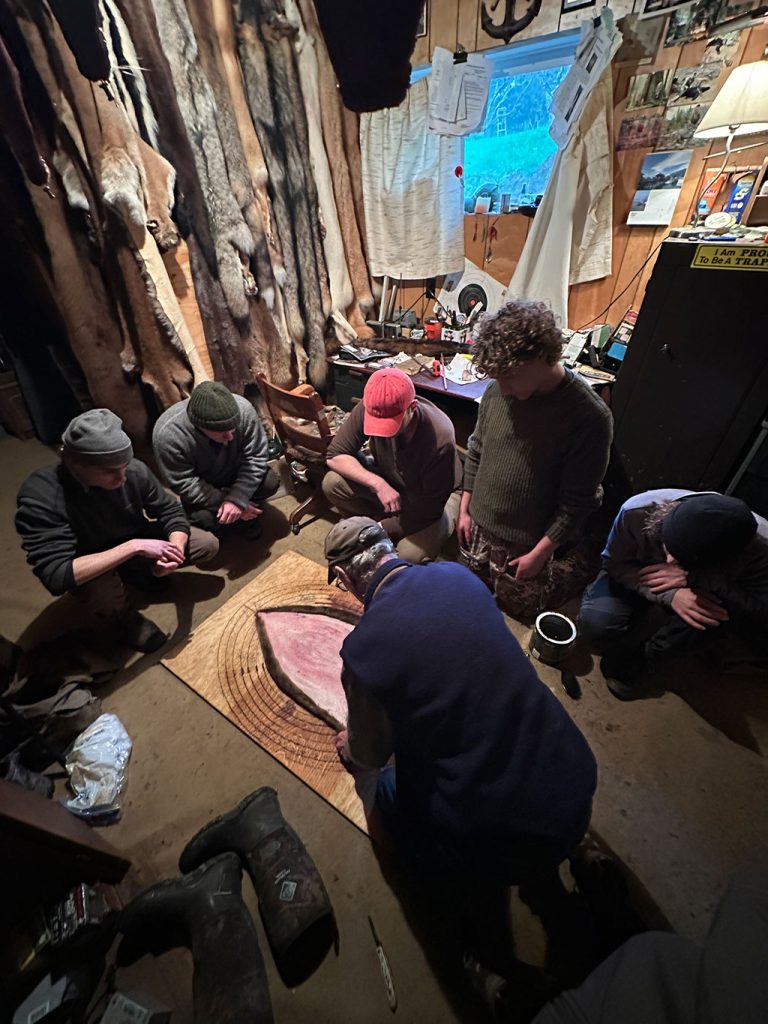
TAF: You'll be graduating from the University of Victoria soon. Do you have a succession plan to make sure the UVic Fish and Game Club continues once you've gone?
CM: I plan to continue my education in forest biology after graduating, with the goal of earning my Registered Professional Biologist (R.P. Bio) and Registered Professional Forester (RPF) accreditations. So I may not be leaving Victoria just yet. But as you say, I must ensure the club has been set up for long-term success, enabling it to thrive as a permanent part of student life at UVic.
To this end, we have a vice-president and an executive team to make sure our leadership succession is smooth and the club has capable hands to carry it forward.
I am also in talks with department heads (Program Coordinator and Dean of EPHE) to explore the possibility of making the club a funded program here at the university. This process is complex and takes time, but if successful, it will give the club access to stable funding and administrative support, which will go a long way toward ensuring its sustainability long beyond my own time here. It also sets a provincial precedent; in BC, there are no institutionally recognized Fish and Game or Shooting Clubs.
Meanwhile, we are gathering every bit of support we can, from organizations, sponsors, and individuals, because not only do we have very minimal funding but these also strengthen our application and demonstrate the value of what we are doing. I am proud to say that we have already received support from the BC Wildlife Federation, Safari Club International, Belisle Traps, the Bass Pro Shops and Cabela's Outdoor Fund, and the Canadian Coalition for Firearm Rights. If you’re interested in seeing more you can check our Instagram page or email us at [email protected].
TAF: We wish you every success, and who knows, maybe your future partner on Southern Vancouver Island – be it a landowner or trapline operator – is actually reading this interview! And as we said in the introduction, it's almost certain that similar initiatives exist across Canada that need a helping hand. Could that helping hand be yours?









